This article will help you figure out how to pair elements of your kitchen together.

When it comes to kitchen design, countertops are often the starting point. After all, they’re one of the most visible features in the space, and they can set the tone for the entire room. If you’re looking to create a cohesive kitchen design, it’s easier to start with your countertop and build from there, as it’s usually the centerpiece of any kitchen design. That way, you can be sure that your floors, cabinets, and other elements will all coordinate with your countertop to create a visual harmony. Of course, the countertop itself is a major design decision. There are many materials and colors to choose from, so it’s important to consider your needs and preferences before making a selection.
Check out our shop to get some countertop/color inspiration
Curava Swatches

The best place to start is by choosing three colors: two main colors and one accent color. The two main colors should be complementary while the accent color should add a bit of a pop to generate contrast. For example, if you have selected a white countertop style and light wood cabinets, then a pastel colored trim might add a bit more visual interest to the kitchen. Alternatively, you could keep the major items such as cabinets and flooring simple but use accessories and appliances to make your kitchen pop with color. Ultimately, it's up to you to decide what color scheme best suits your kitchen.
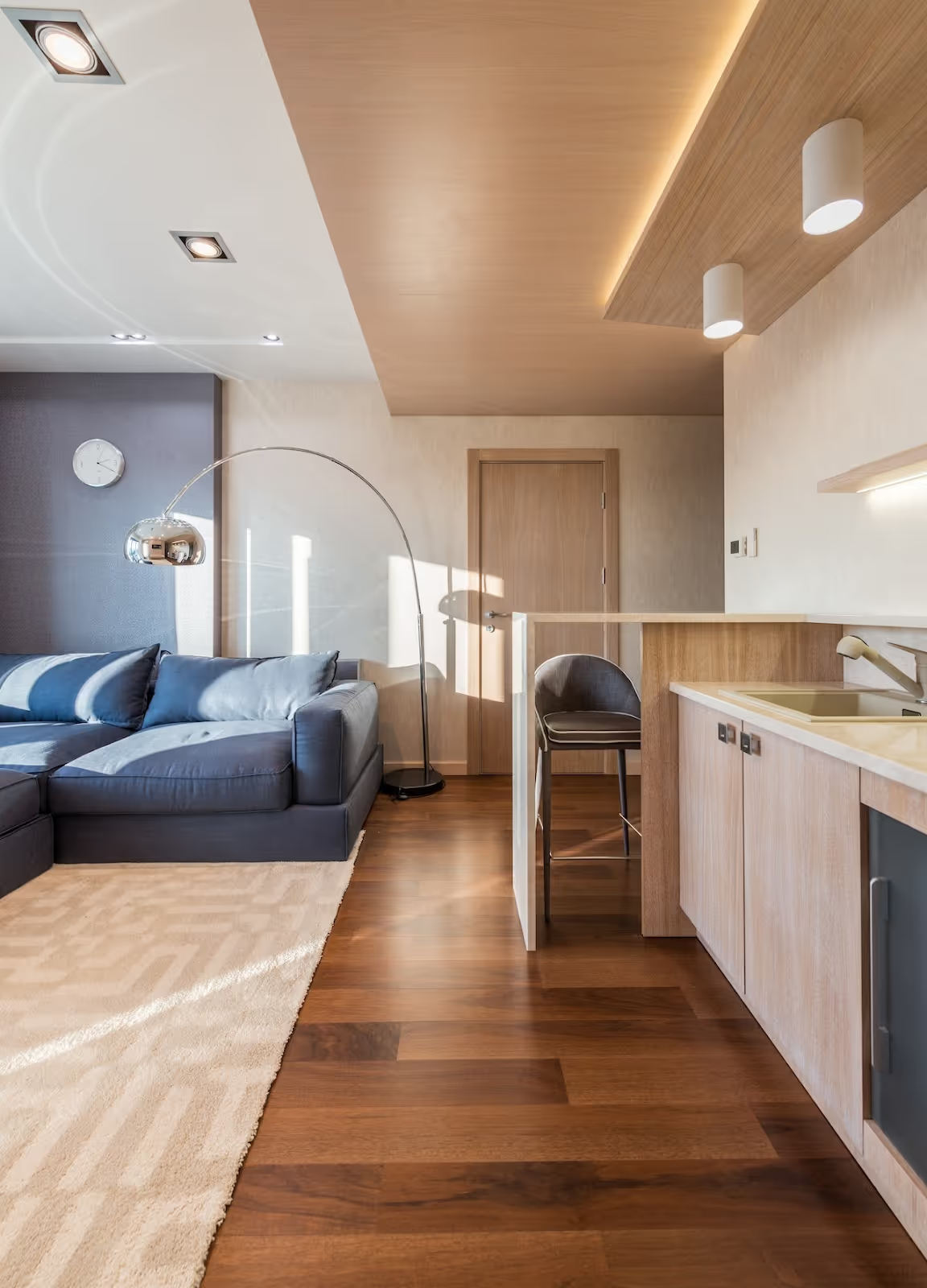
Often undervalued, it's important to remember that materials and colors can look completely different in alternate lighting. Different lighting conditions can change the way a room looks and feels. For example, warm white light adds a yellow hue that is meant for a more relaxed environment such as bedrooms, bathrooms, and living rooms. Cool white light has a bluish tint that is perfect for task lighting in kitchens and offices. So, when you are visiting a showroom, make sure to view the cabinets and countertops under different lighting conditions to get a better idea of how they will look in your home.

A backsplash is, in many ways, an extension of your countertops. As the countertop is the primary focal point, the backsplash is usually designed in either the same material or a complementary tone that blends with one of the primary colors in the kitchen. In addition, selecting a contrasting tone for the backsplash is also an option. If your countertop is more neutral or flat in appearance, then you can get more creative with your backsplash with more interesting colors. The backsplash area is a great place to add a pop of color or pattern to your kitchen, and there are endless possibilities when it comes to backsplash materials and designs. Whether you choose tile, glass, stone, or another material, be sure to select a backsplash that complements your countertops and overall kitchen design.
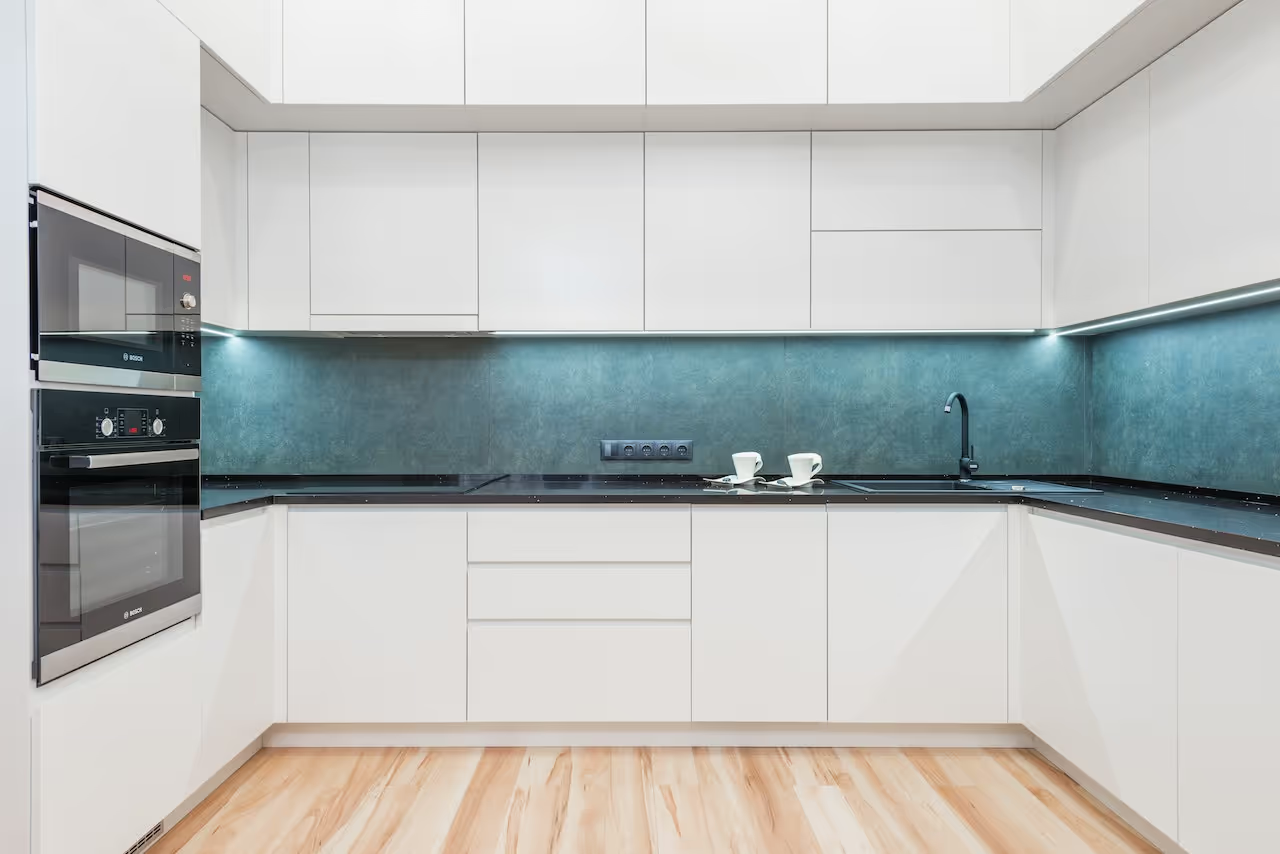
While the hardest to implement, and the least important of a kitchen design. We’d recommend considering utility and durability with floors before assessing their aesthetic value. A floor that is easy to clean and will hold up through the years will always triumph over a pretty floor in our experience.
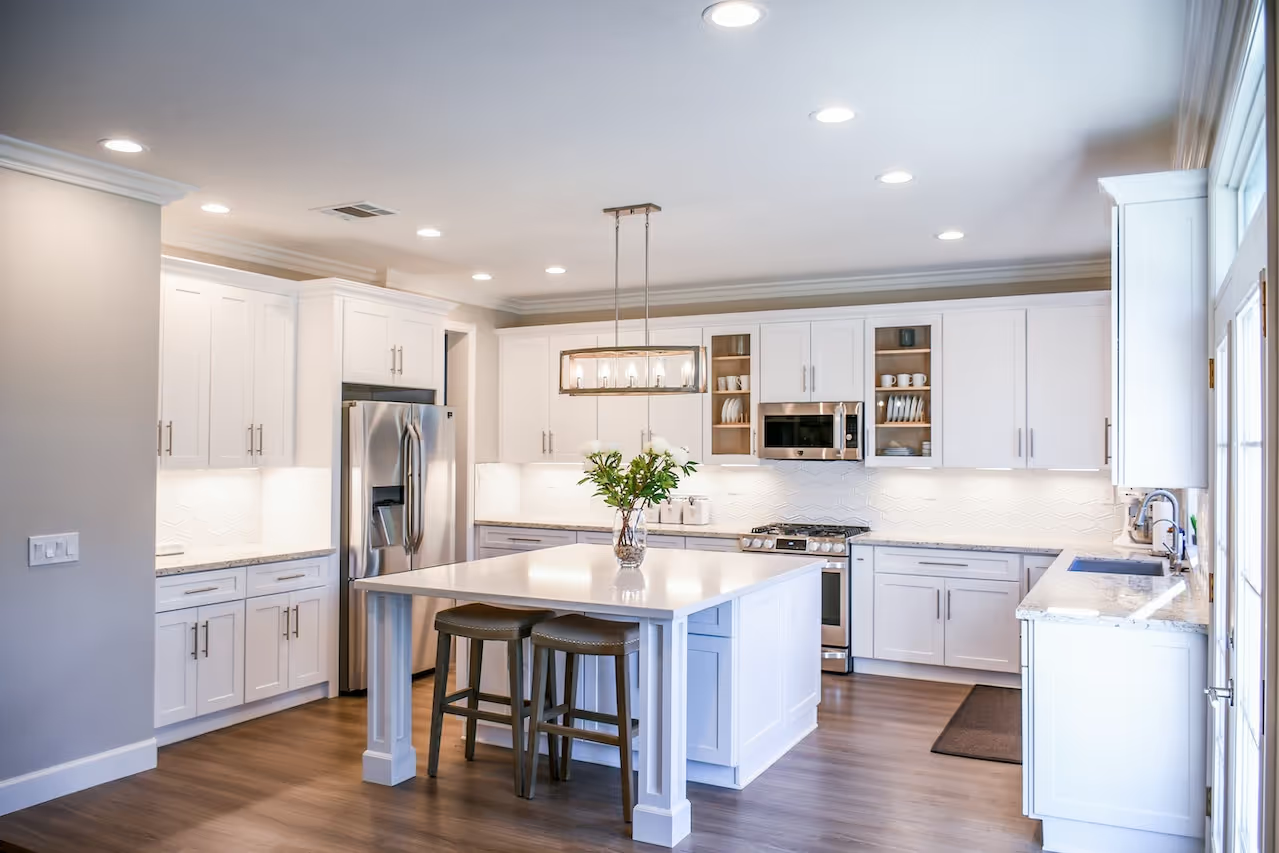
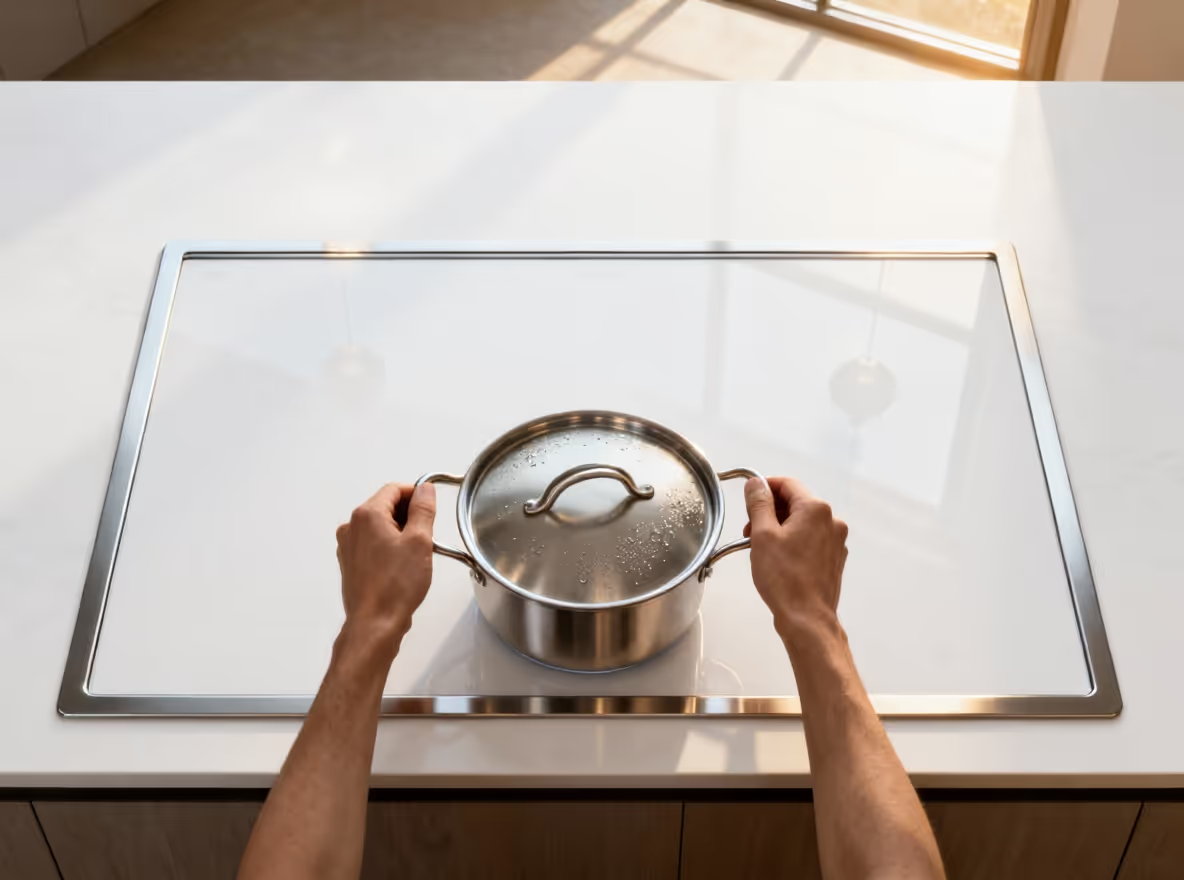



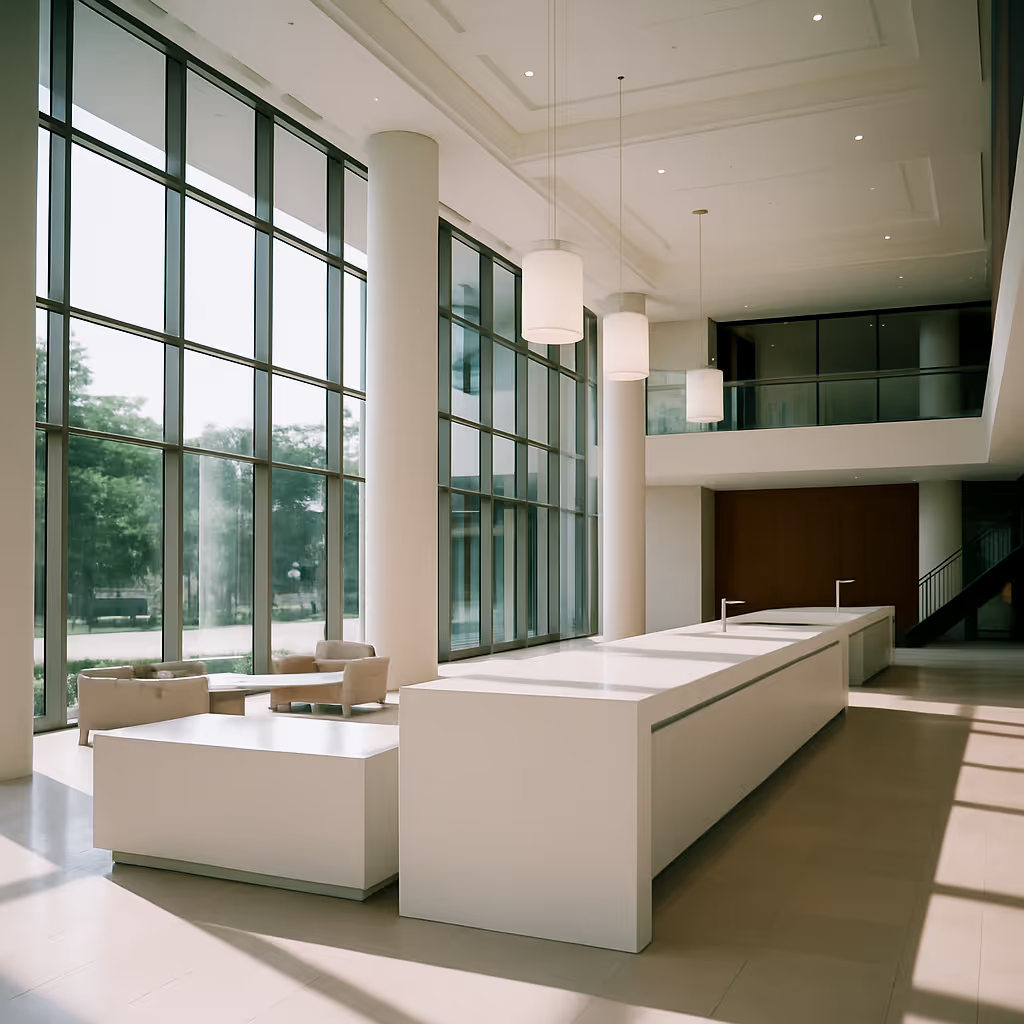
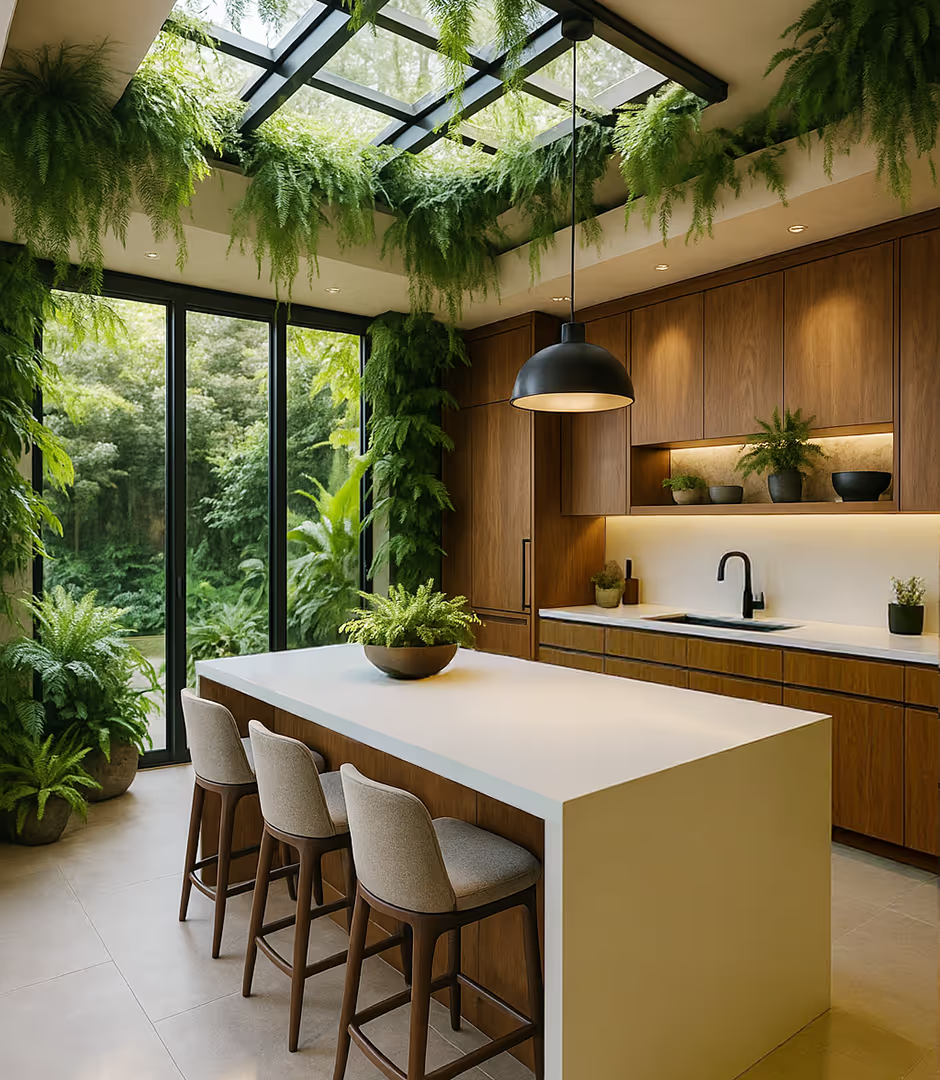
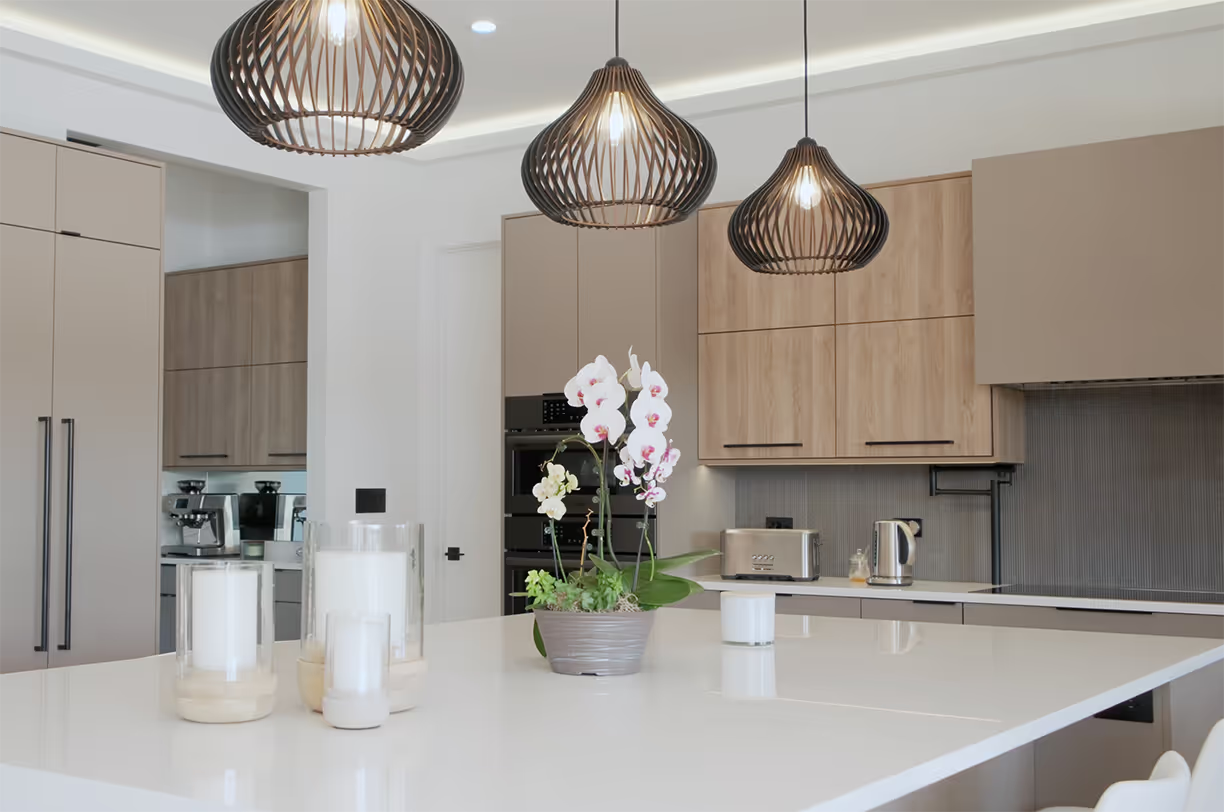
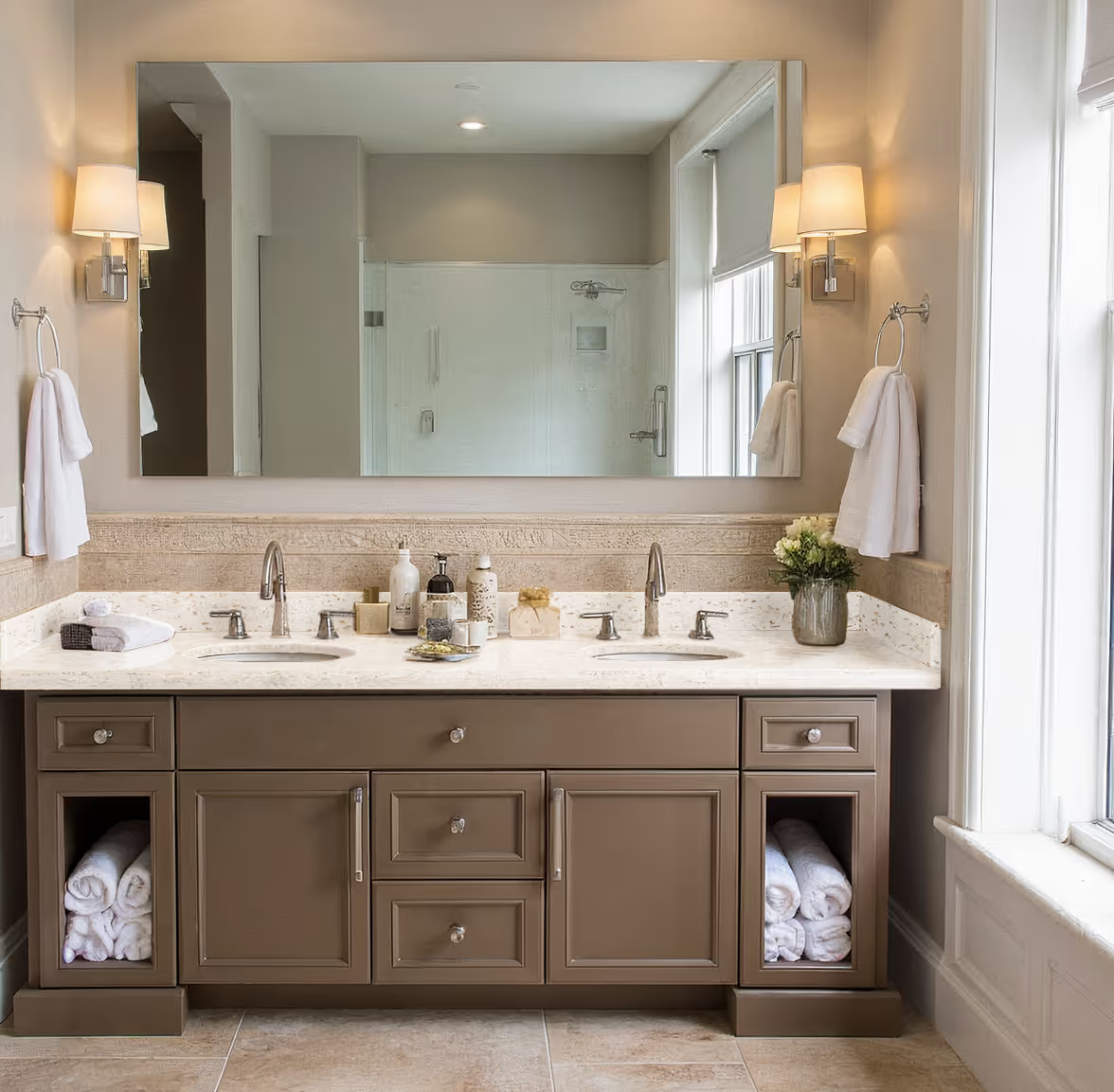
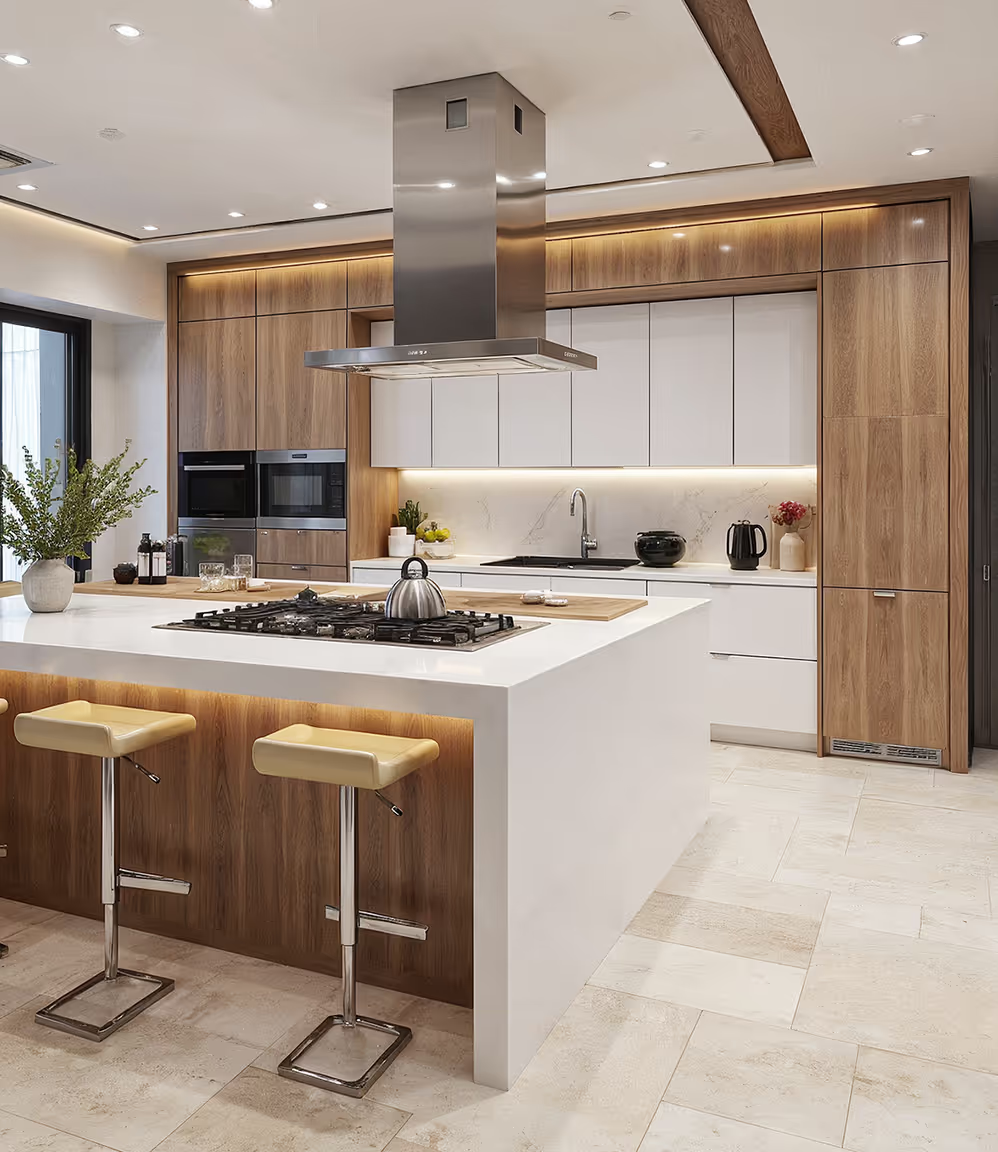
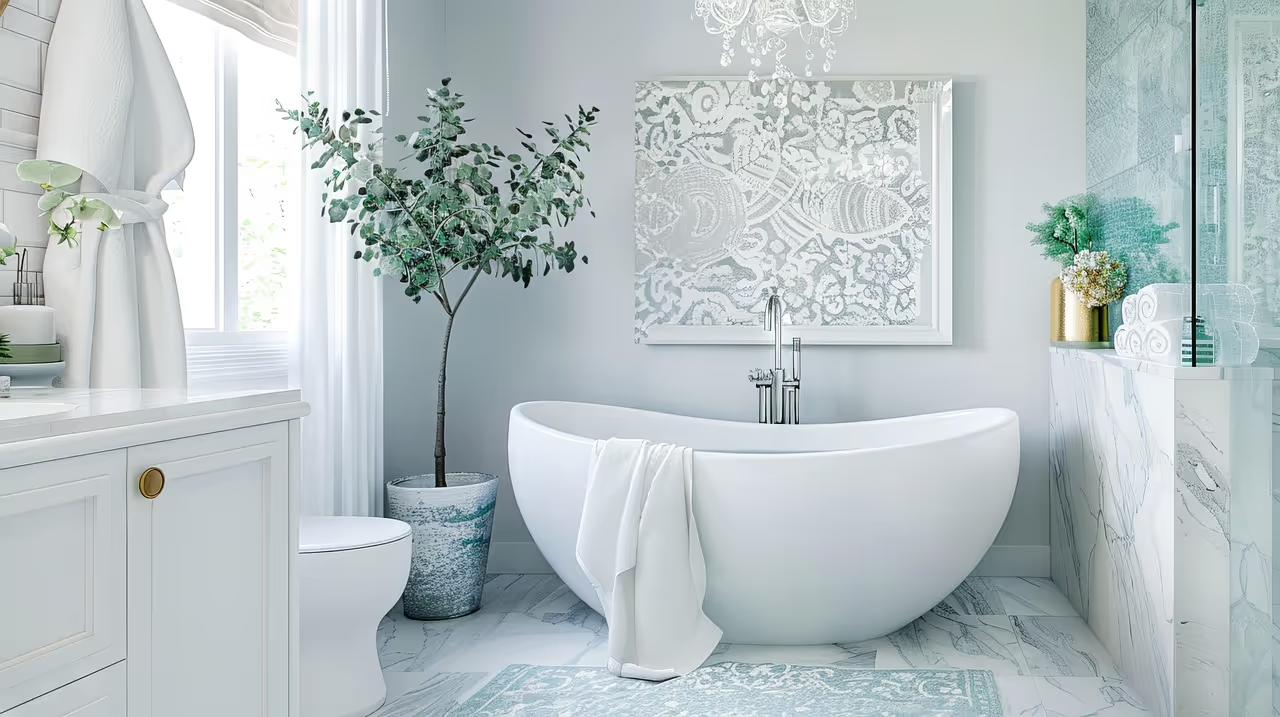
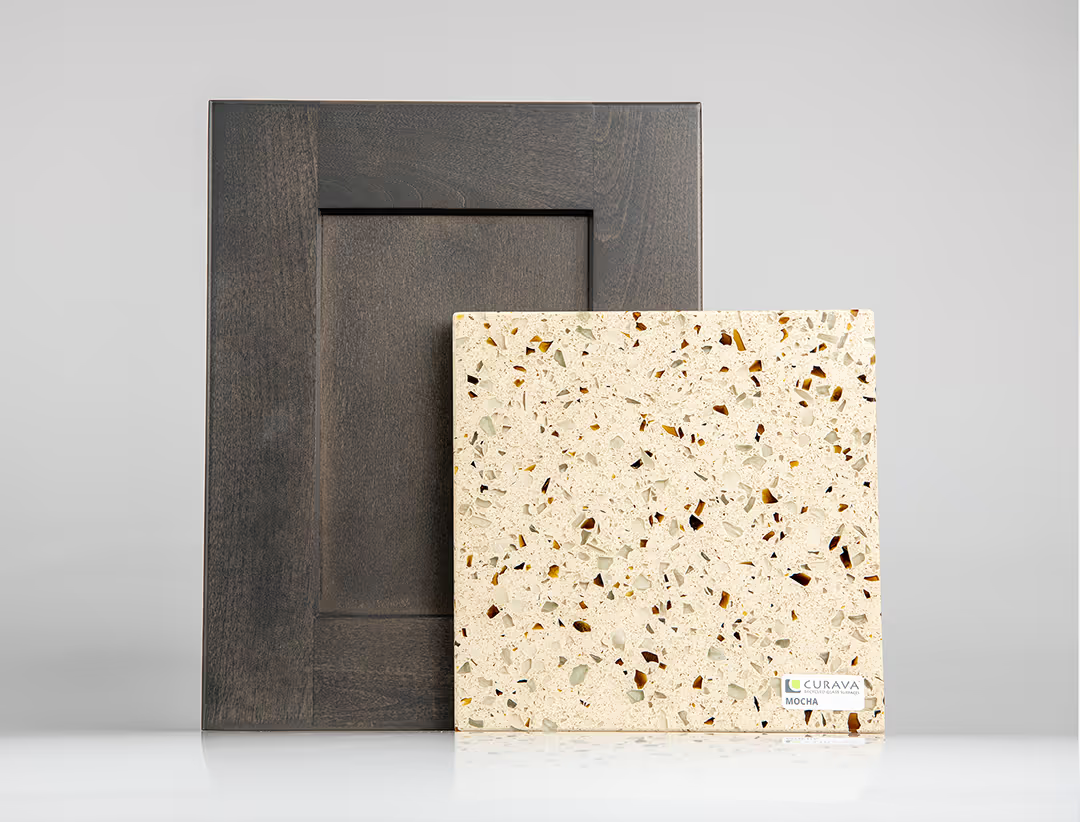
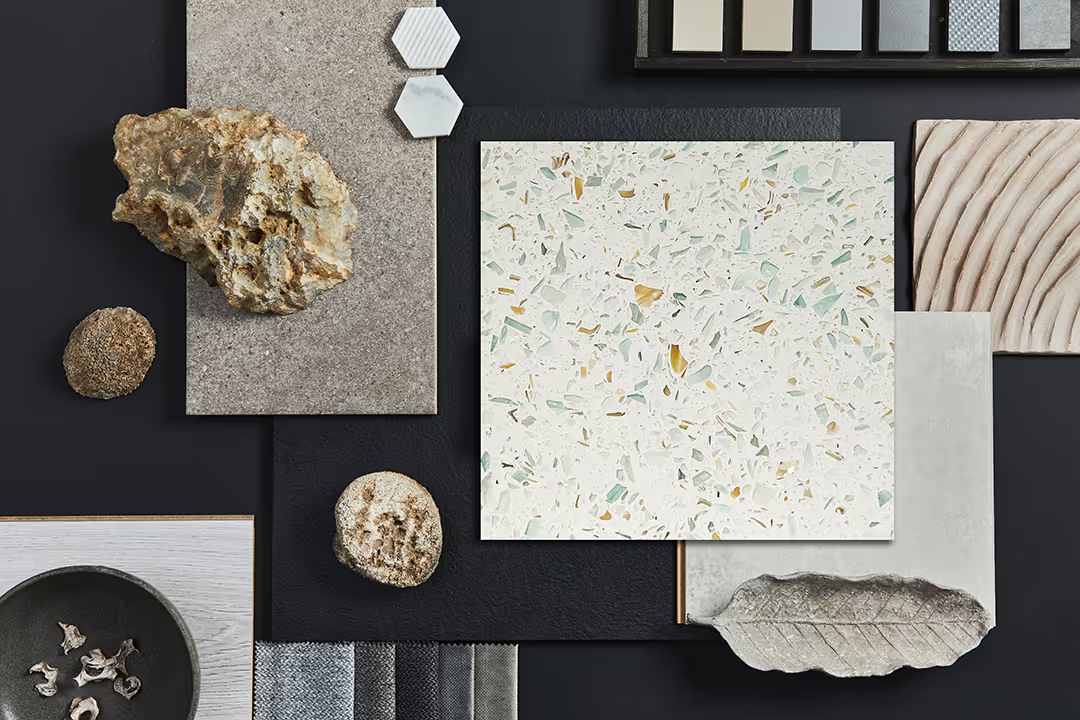
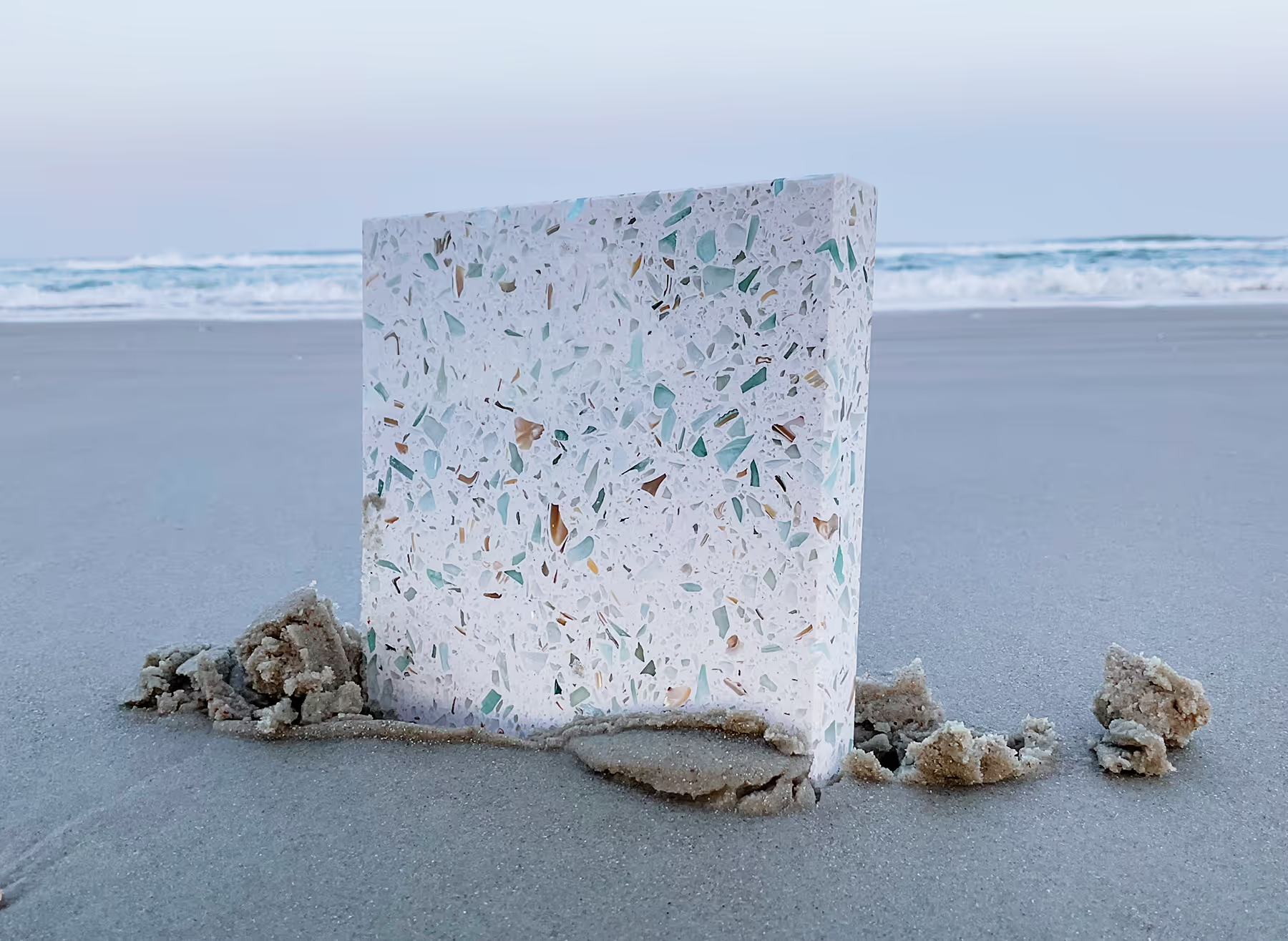
A Coastal-Inspired New Masterpiece
READ MORE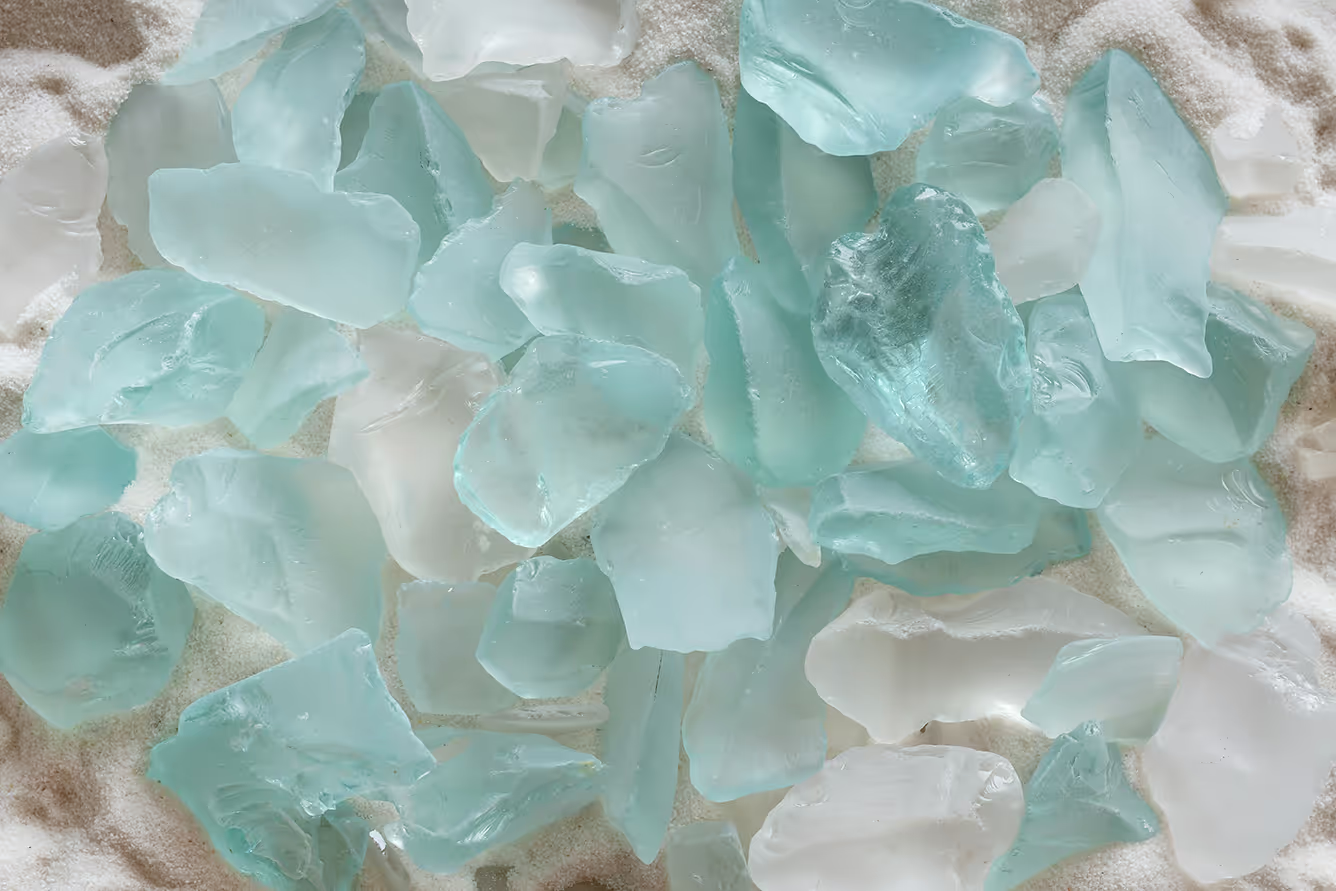
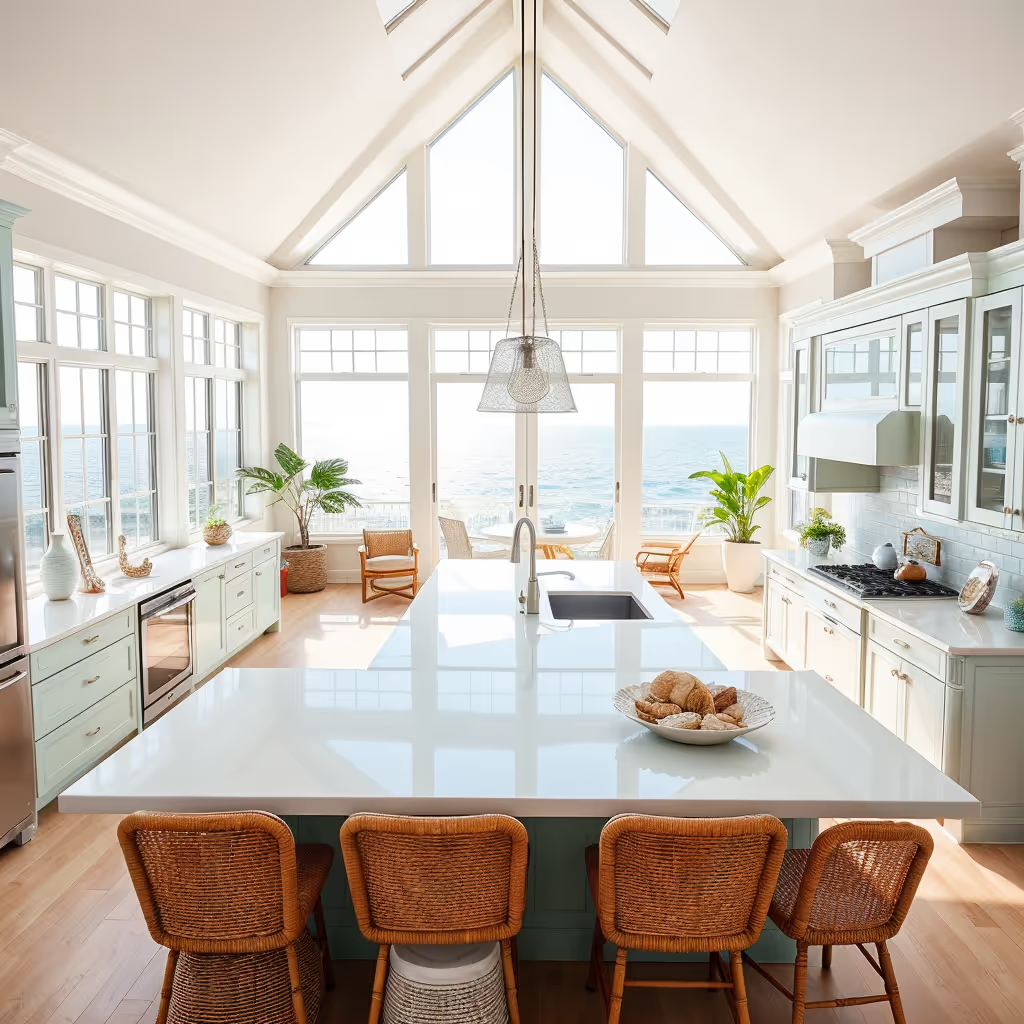
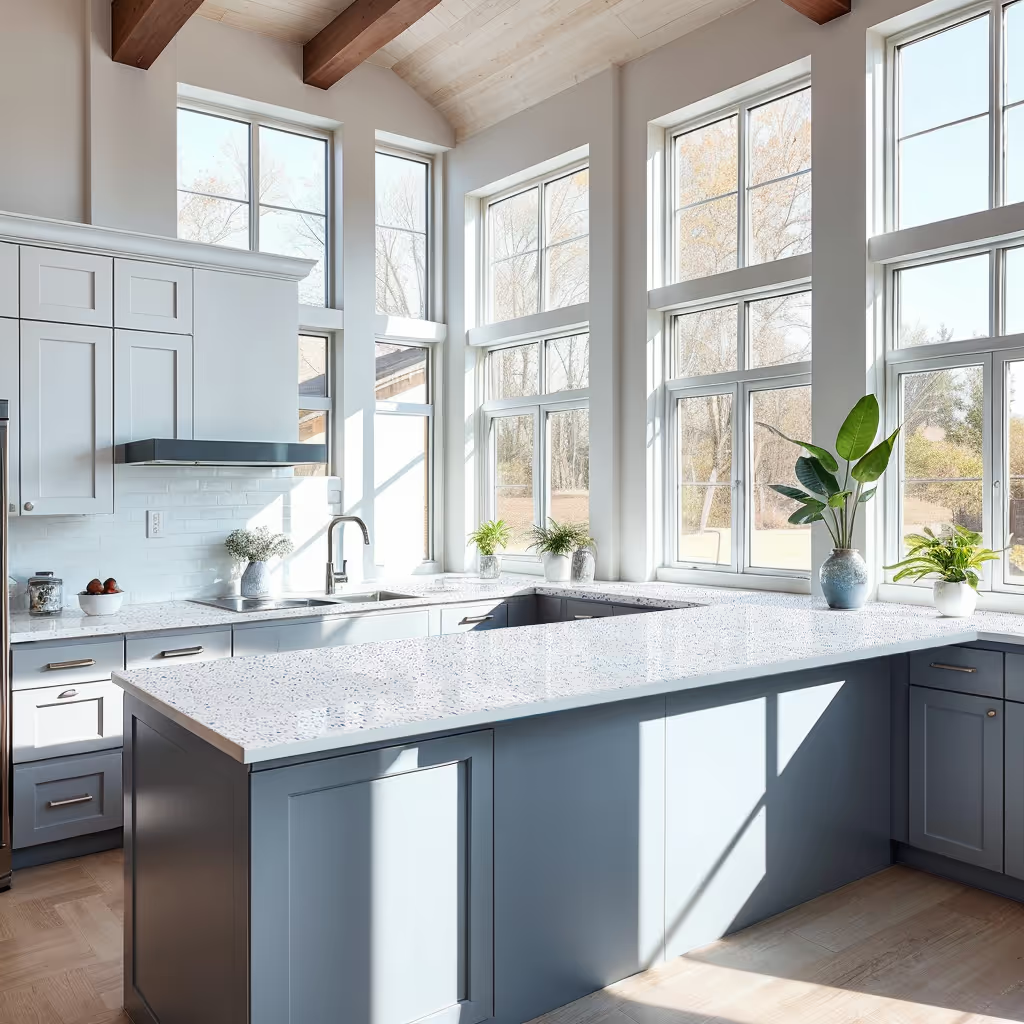
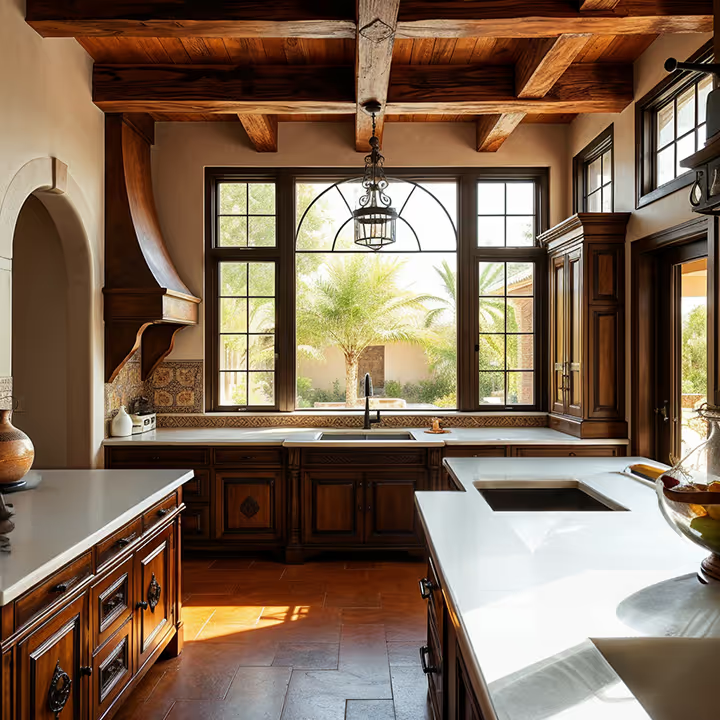
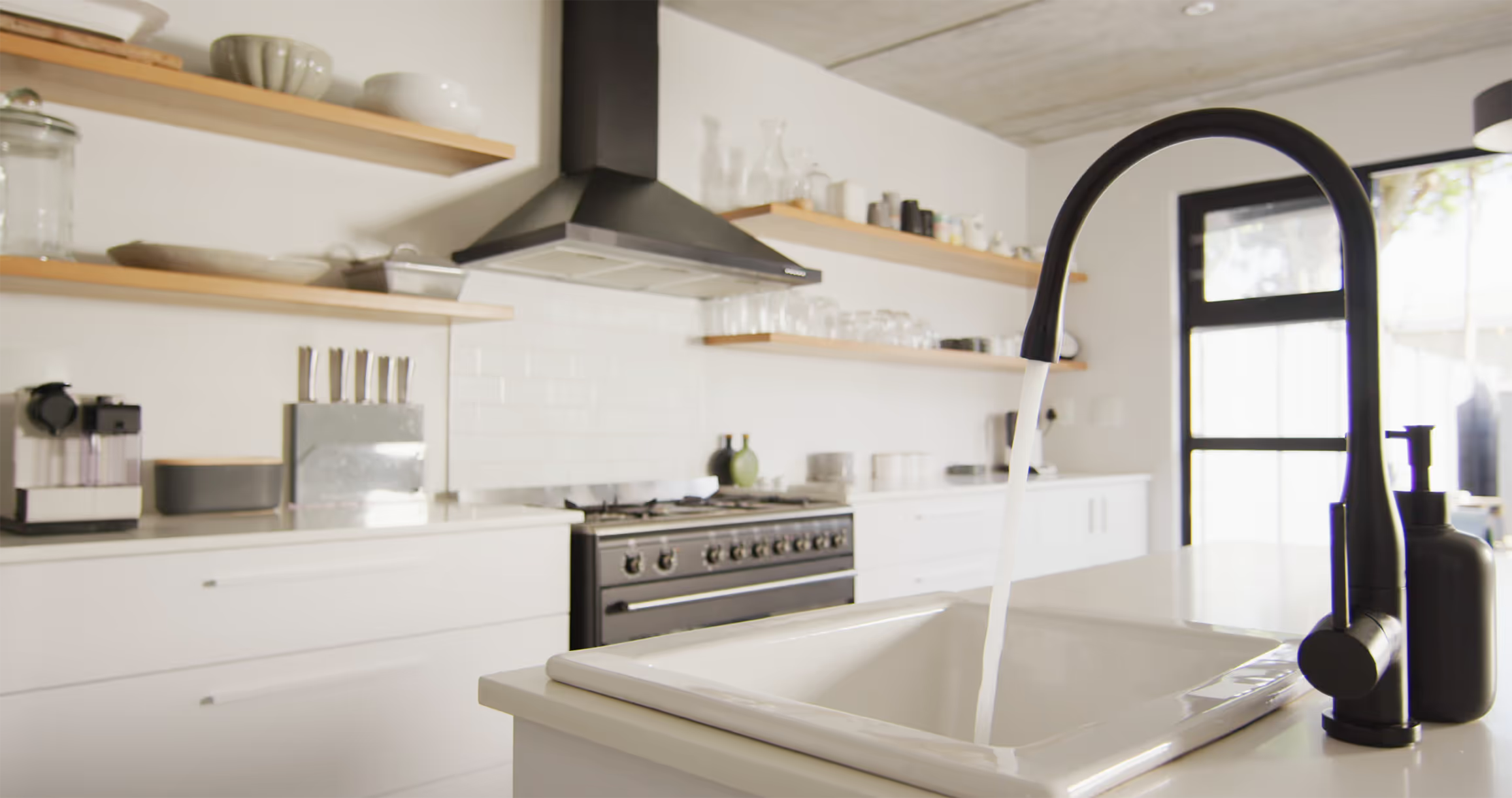
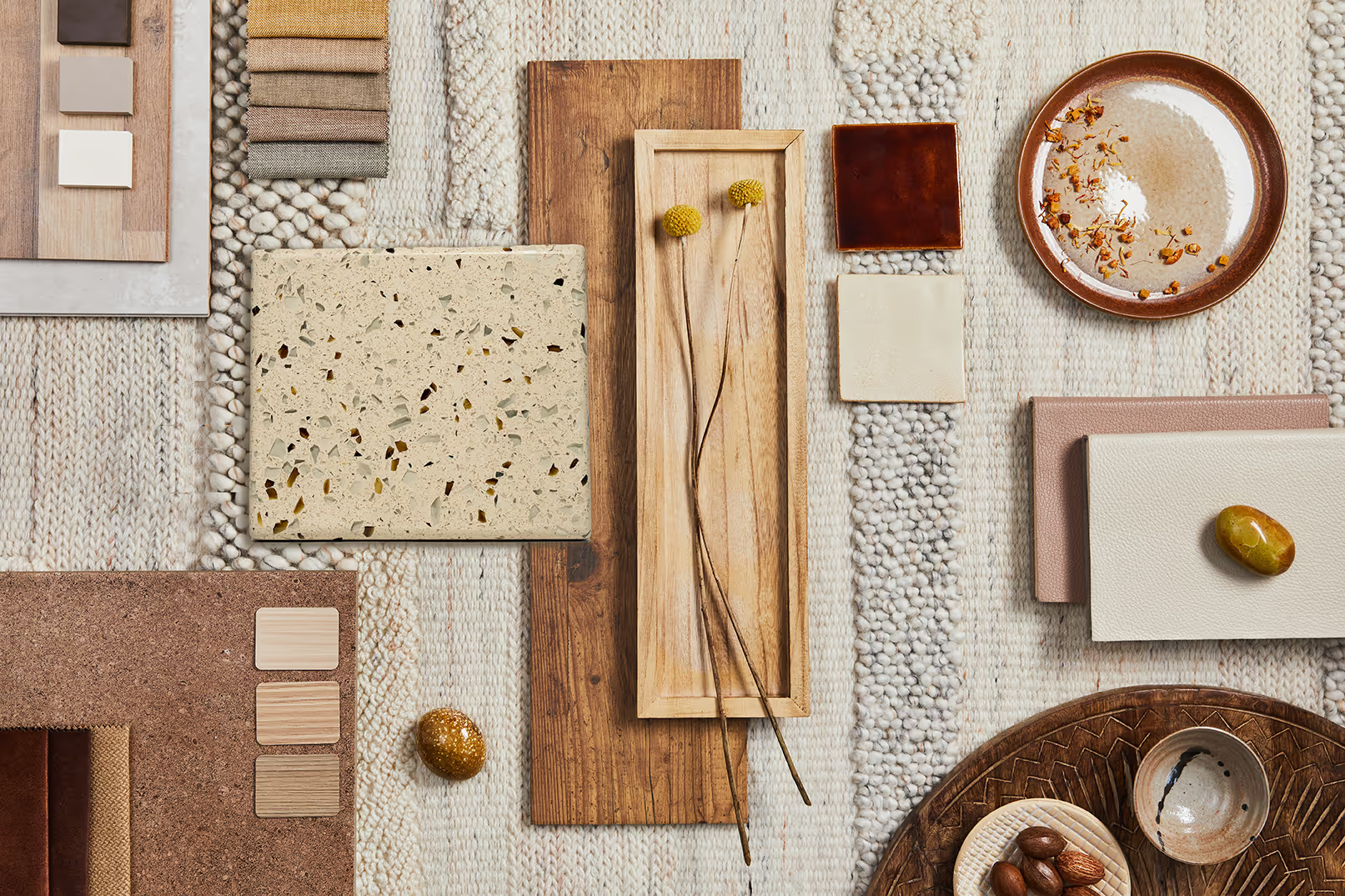
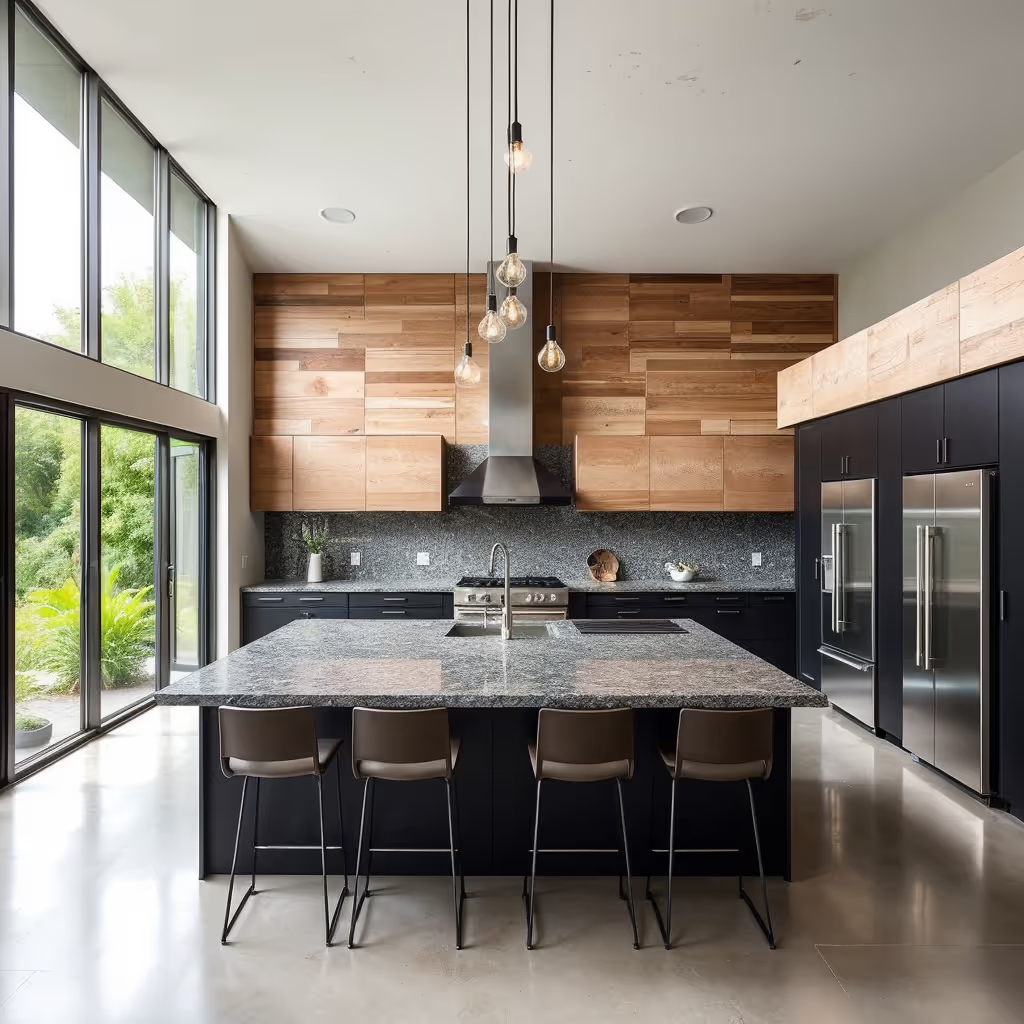
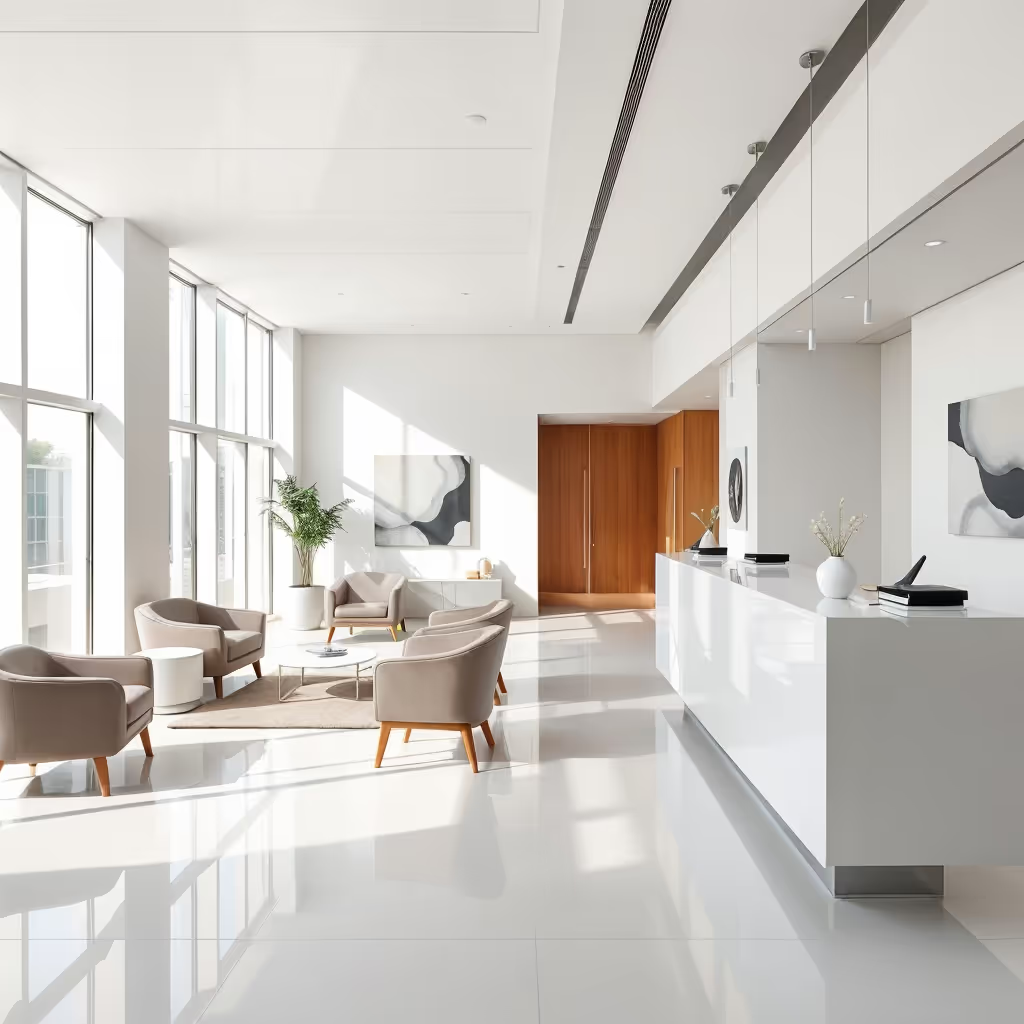
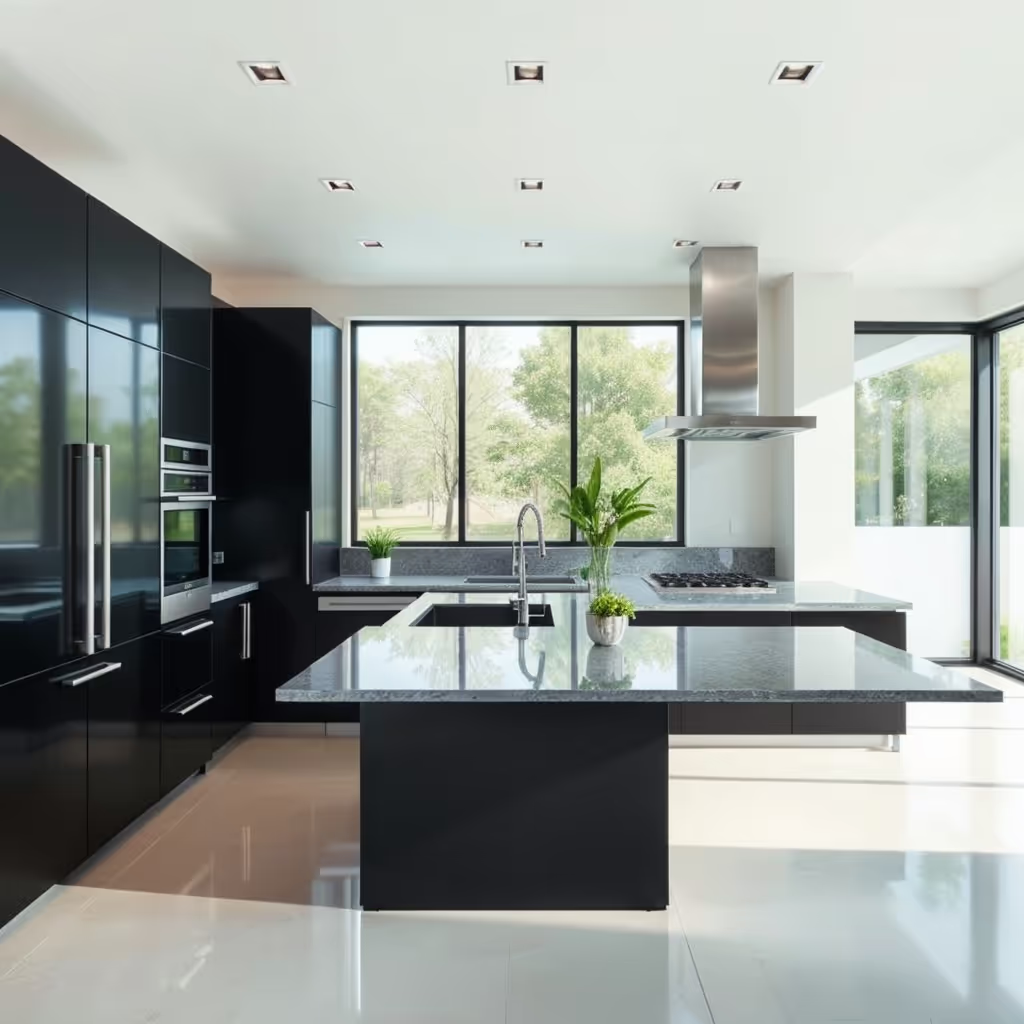
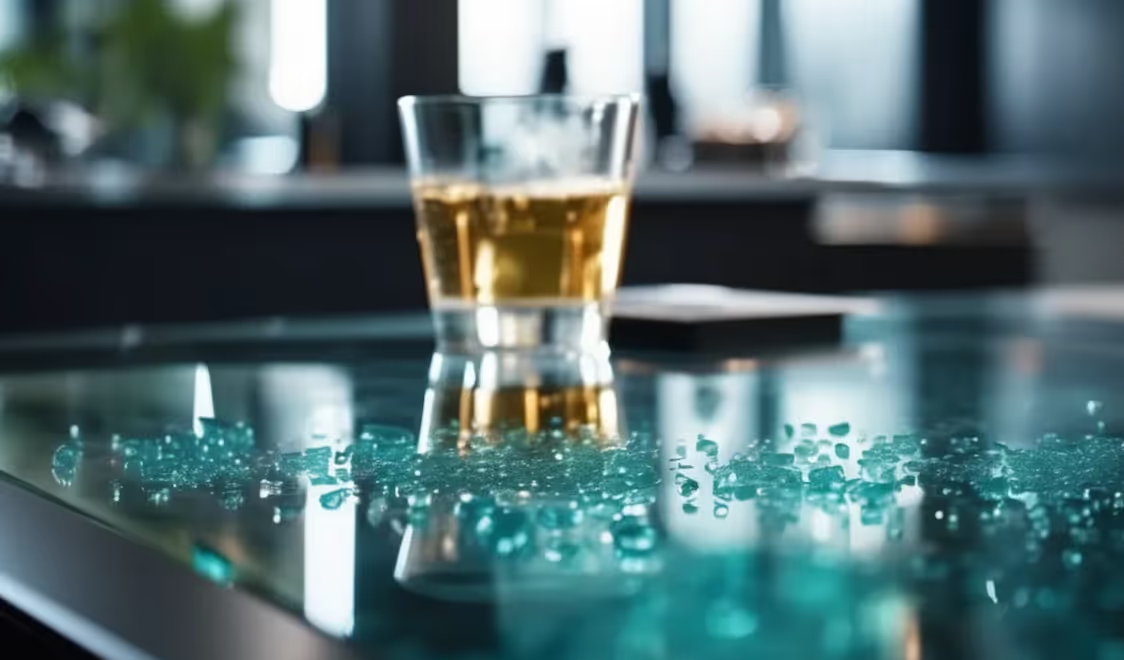
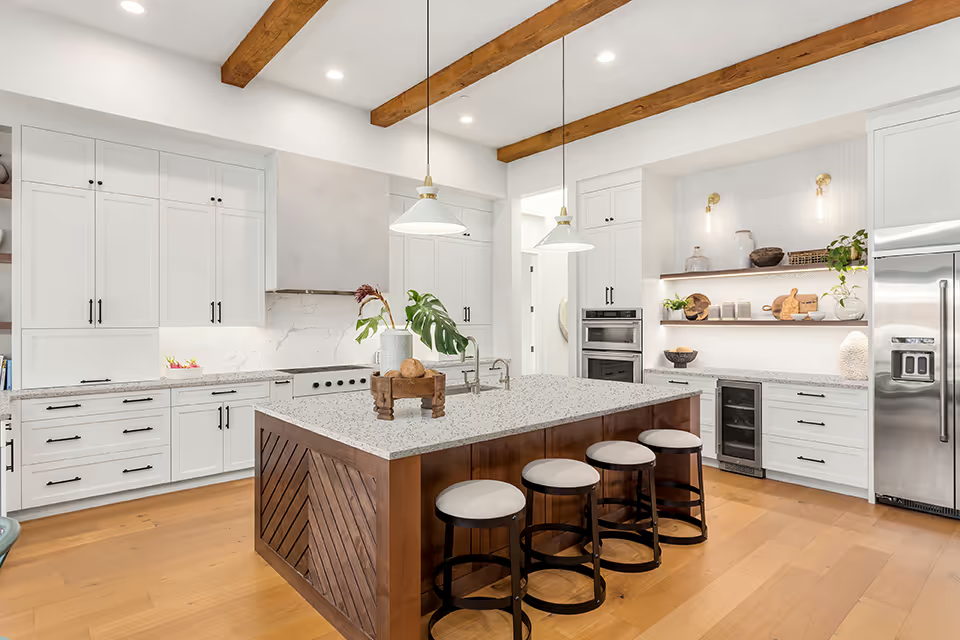
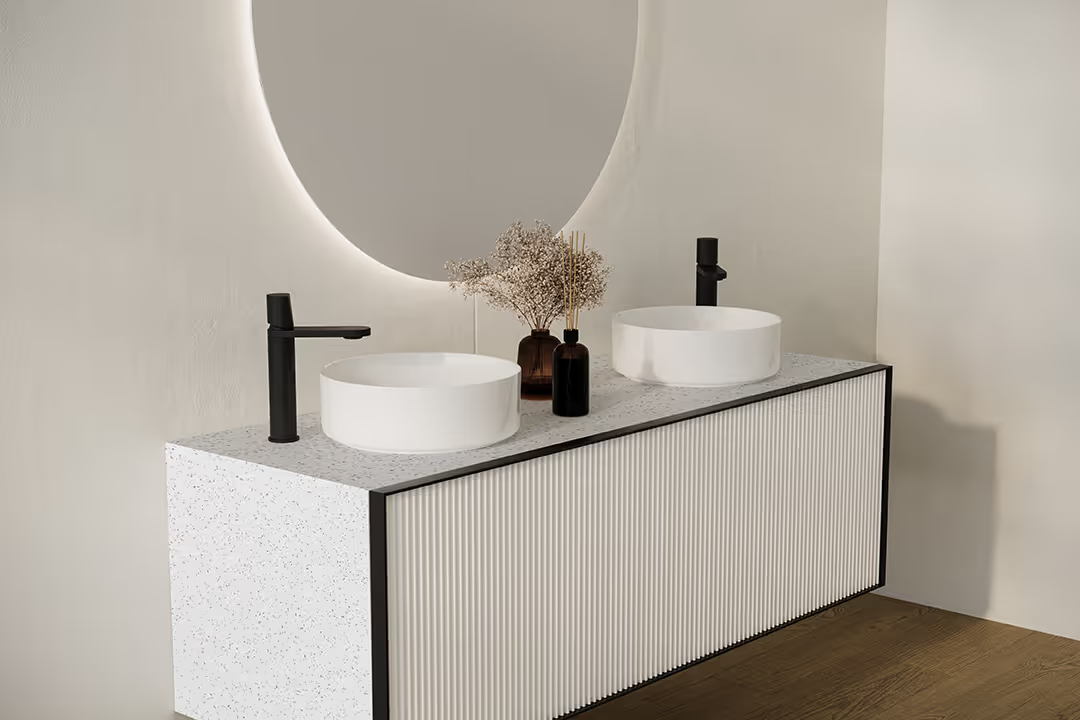
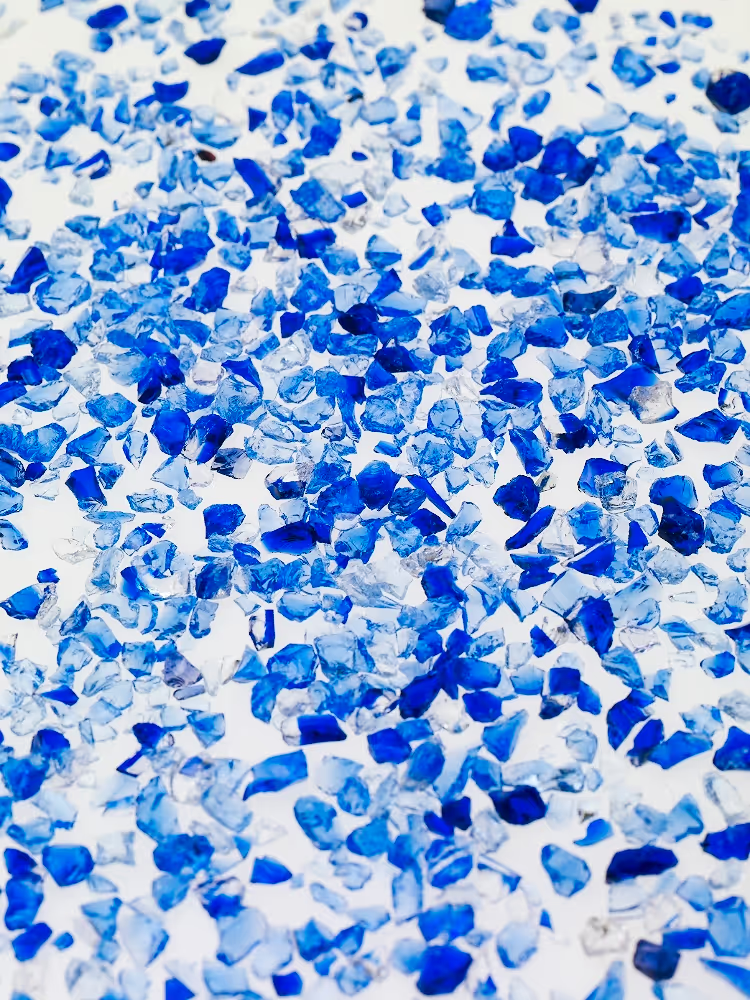
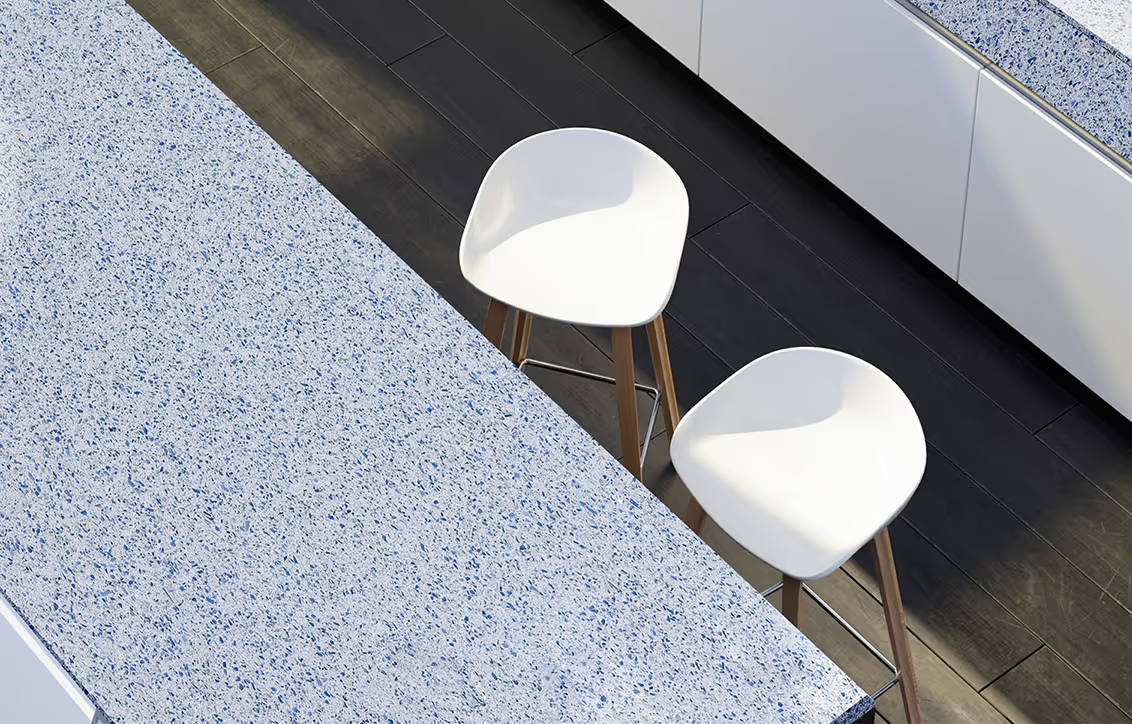
Businesses strive for work environments reflective of their values and enhance brand image with sustainable countertops
READ MORE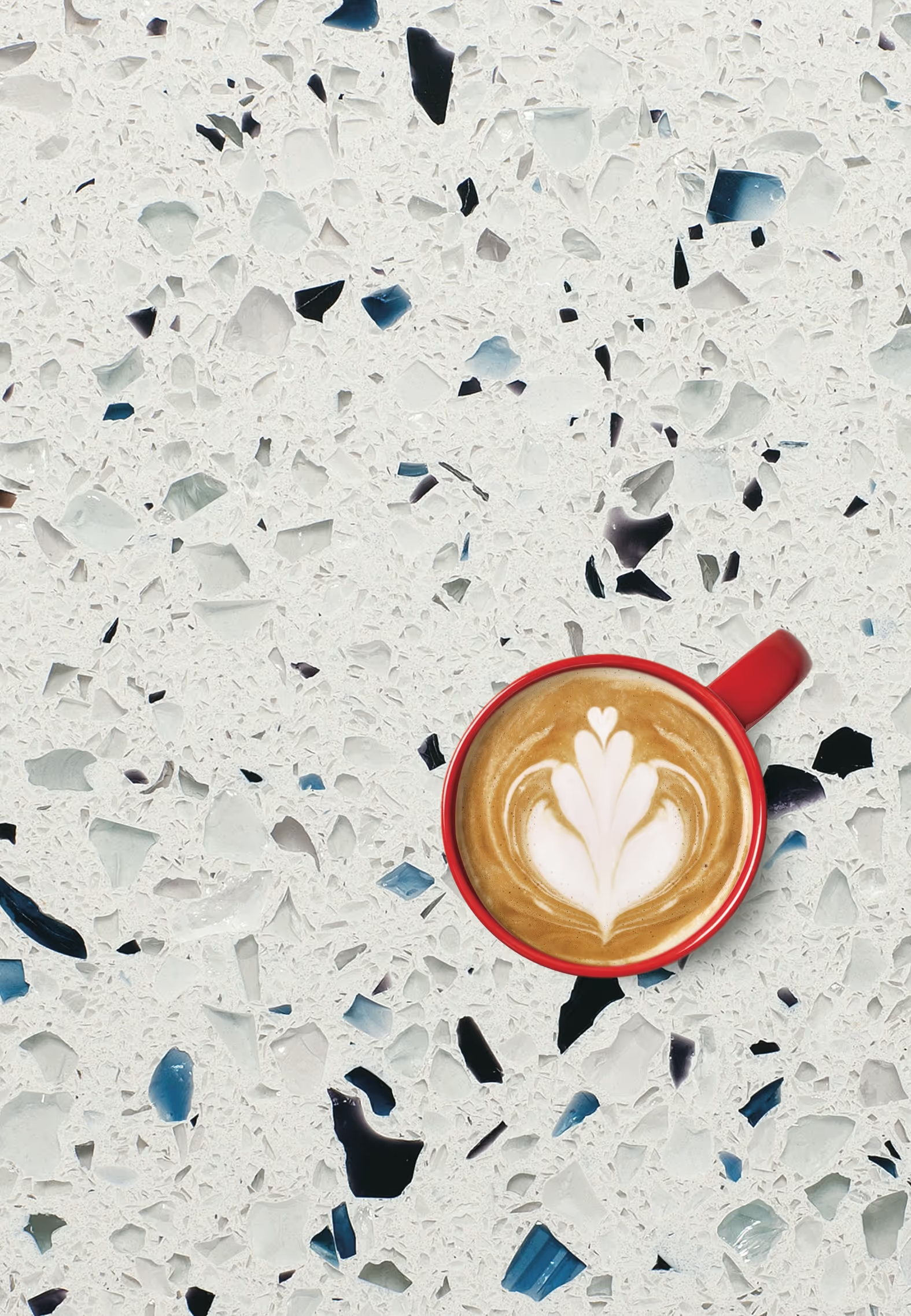
Recycled glass countertops offer unmatched durability, resistance, and aesthetic appeal.
READ MORE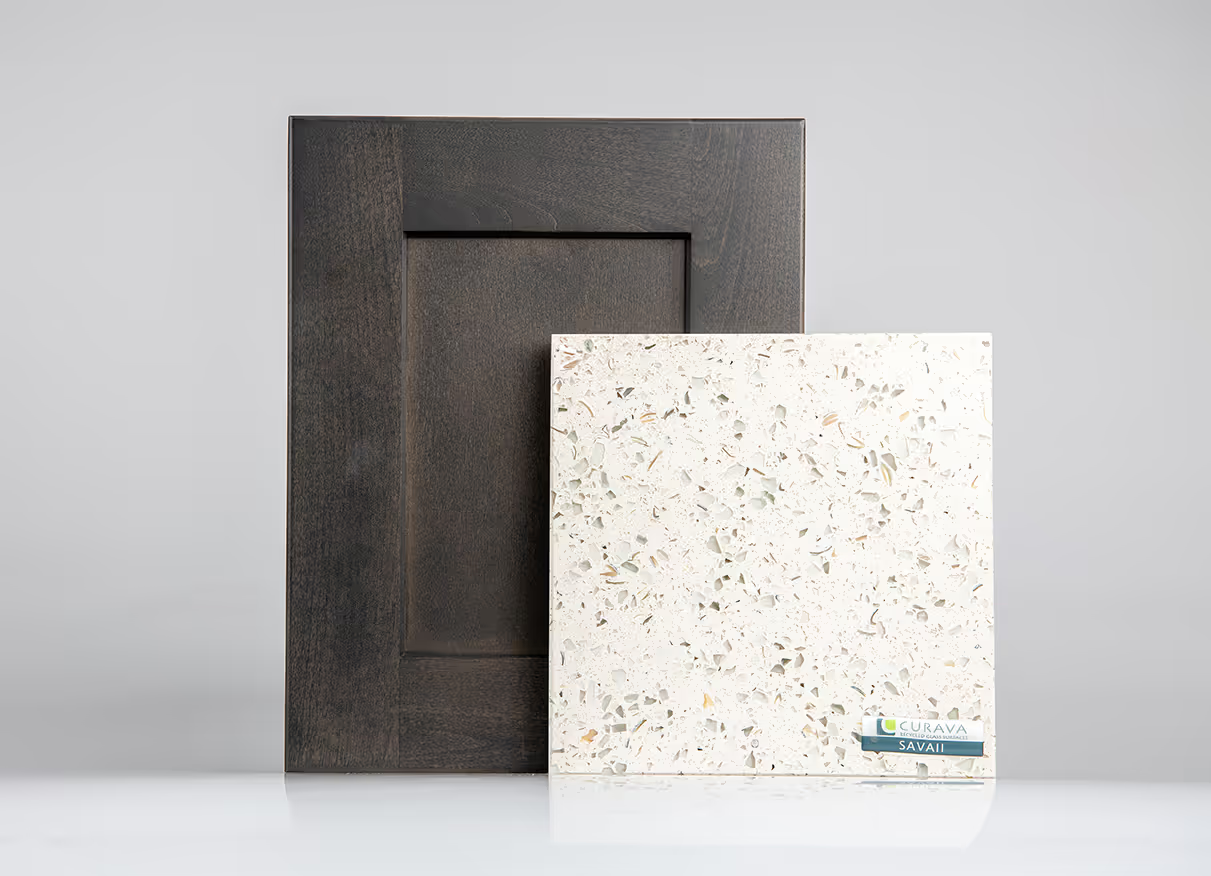
Create a cohesive and visually appealing design space
READ MORE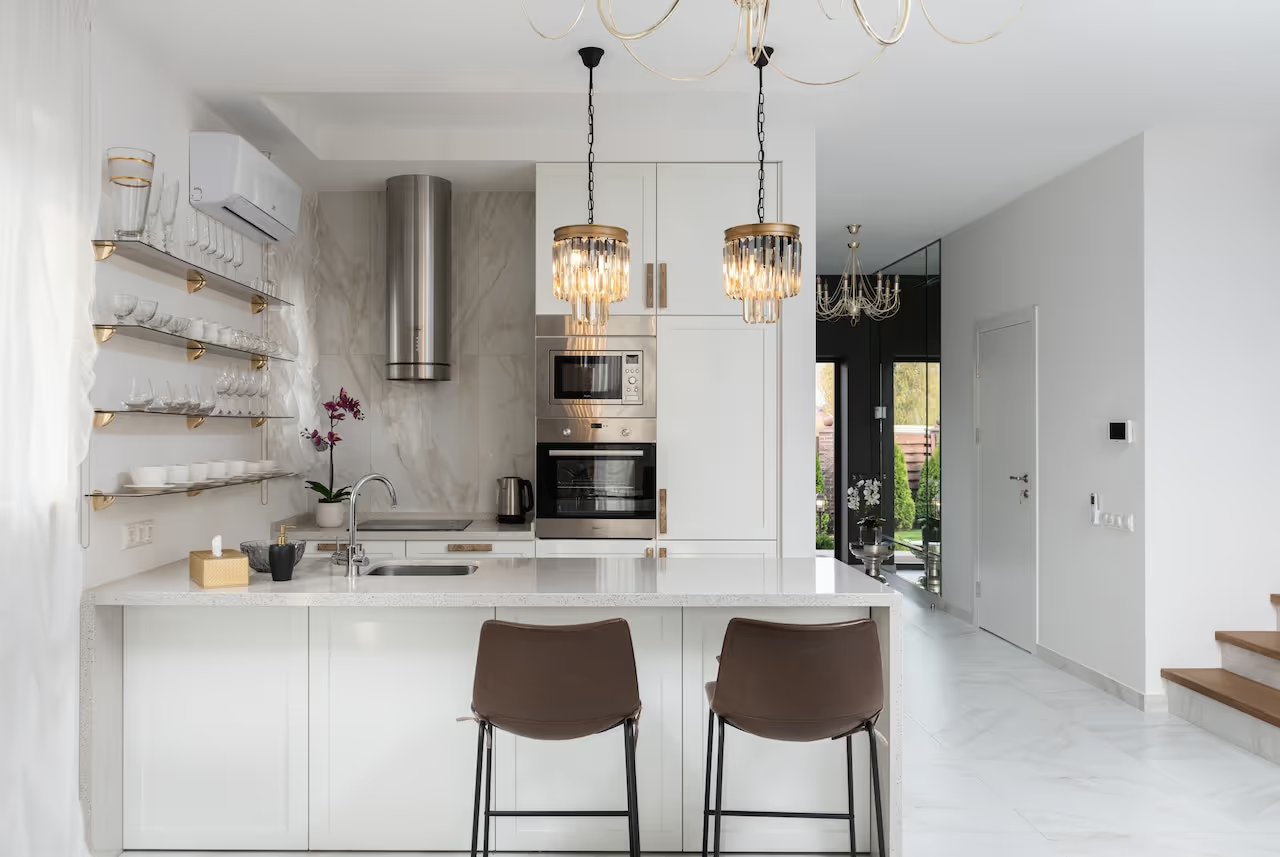
Transcend Typical Design with Radiant Glass Countertops: Add Timeless Elegance to Your Space
READ MORE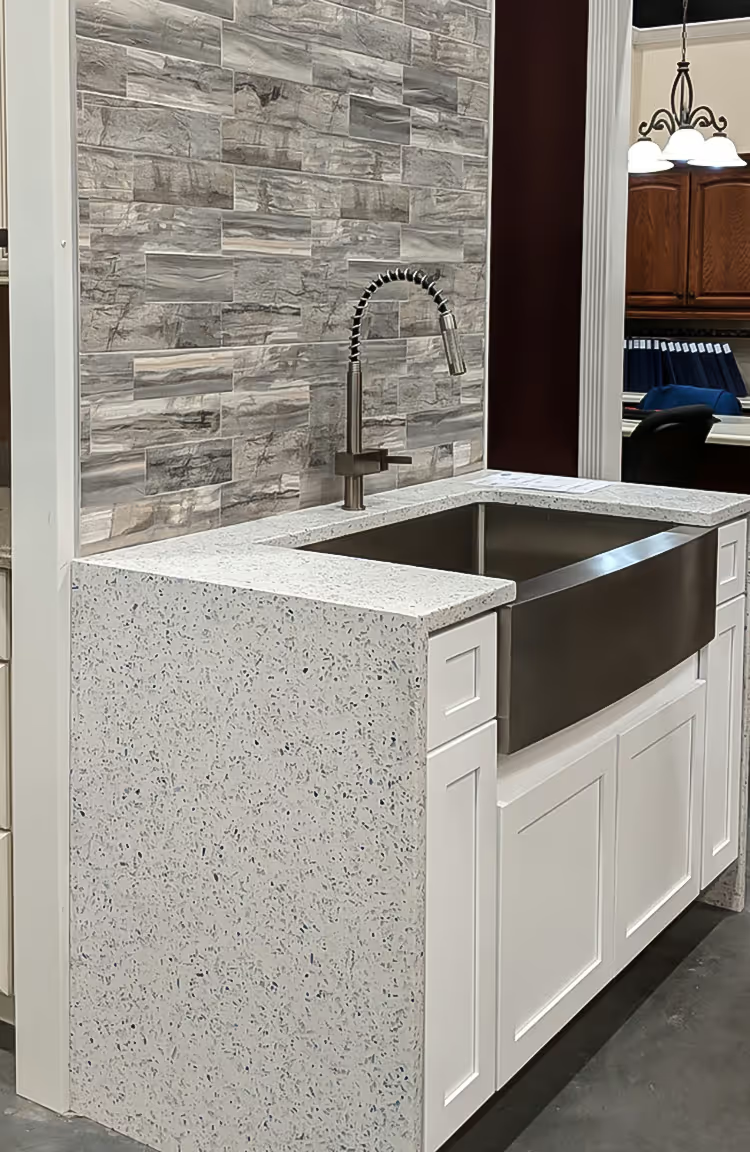
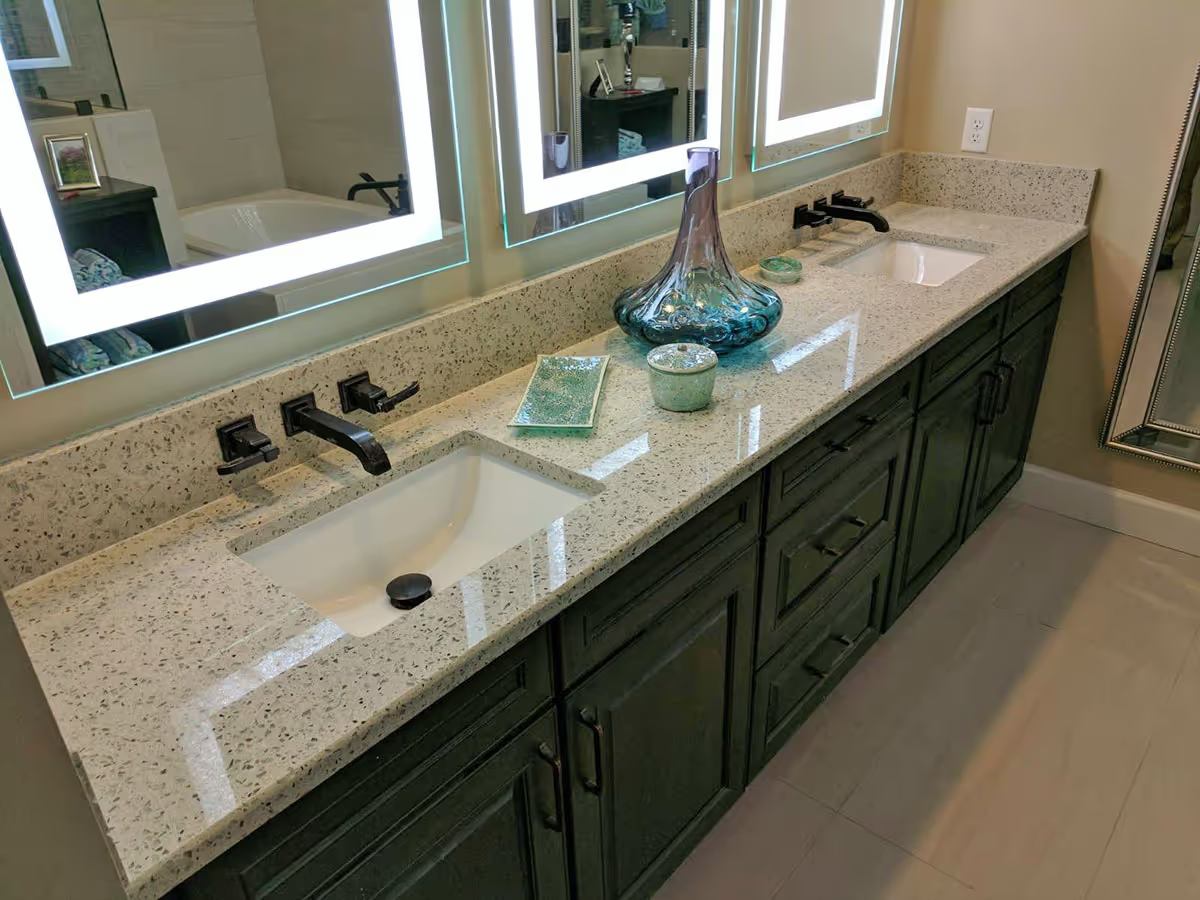
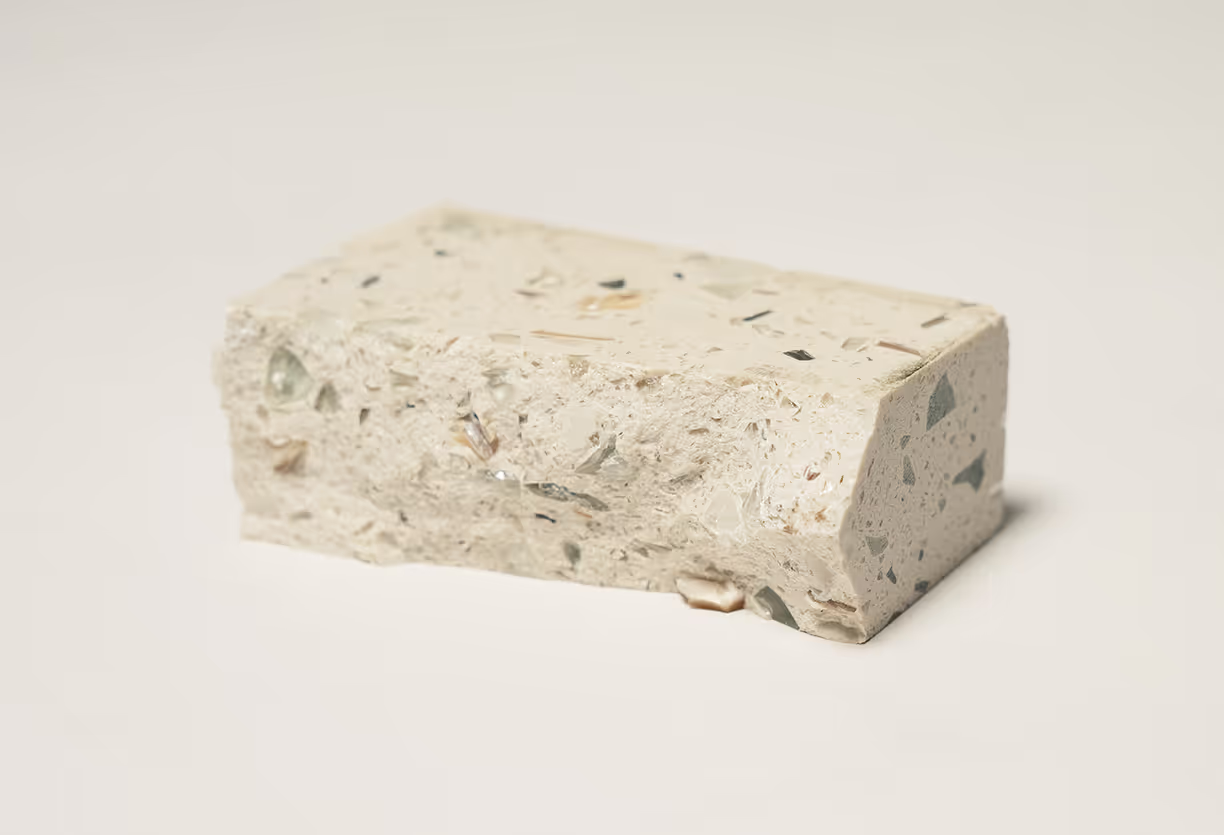
Environmental and health benefits of lower levels crystalline silica content in recycled glass countertops, compared to quartz.
READ MORE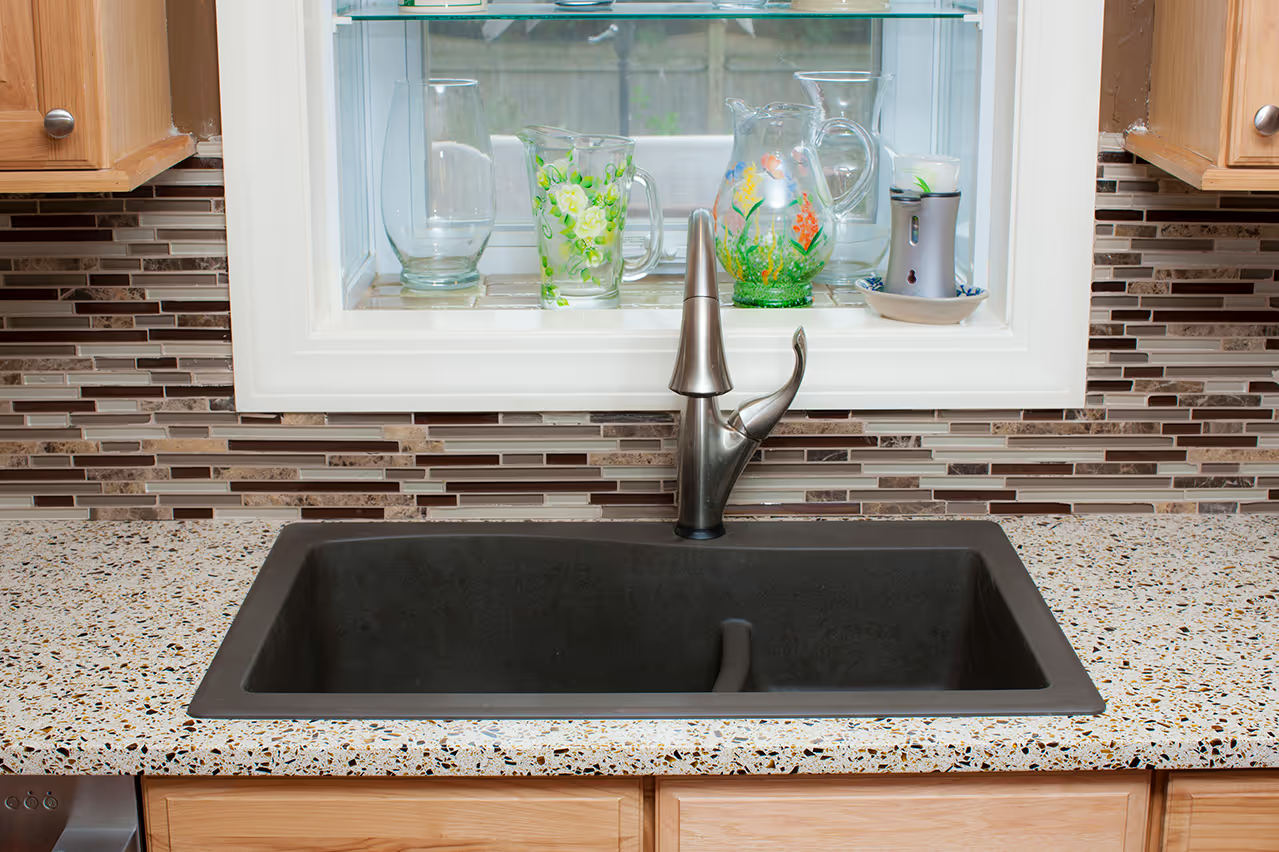
Harmonizing hues and crafting countertops with unyielding resilience, ensuring your kitchen or bathroom becomes an enduring masterpiece that stands the test of time.
READ MORE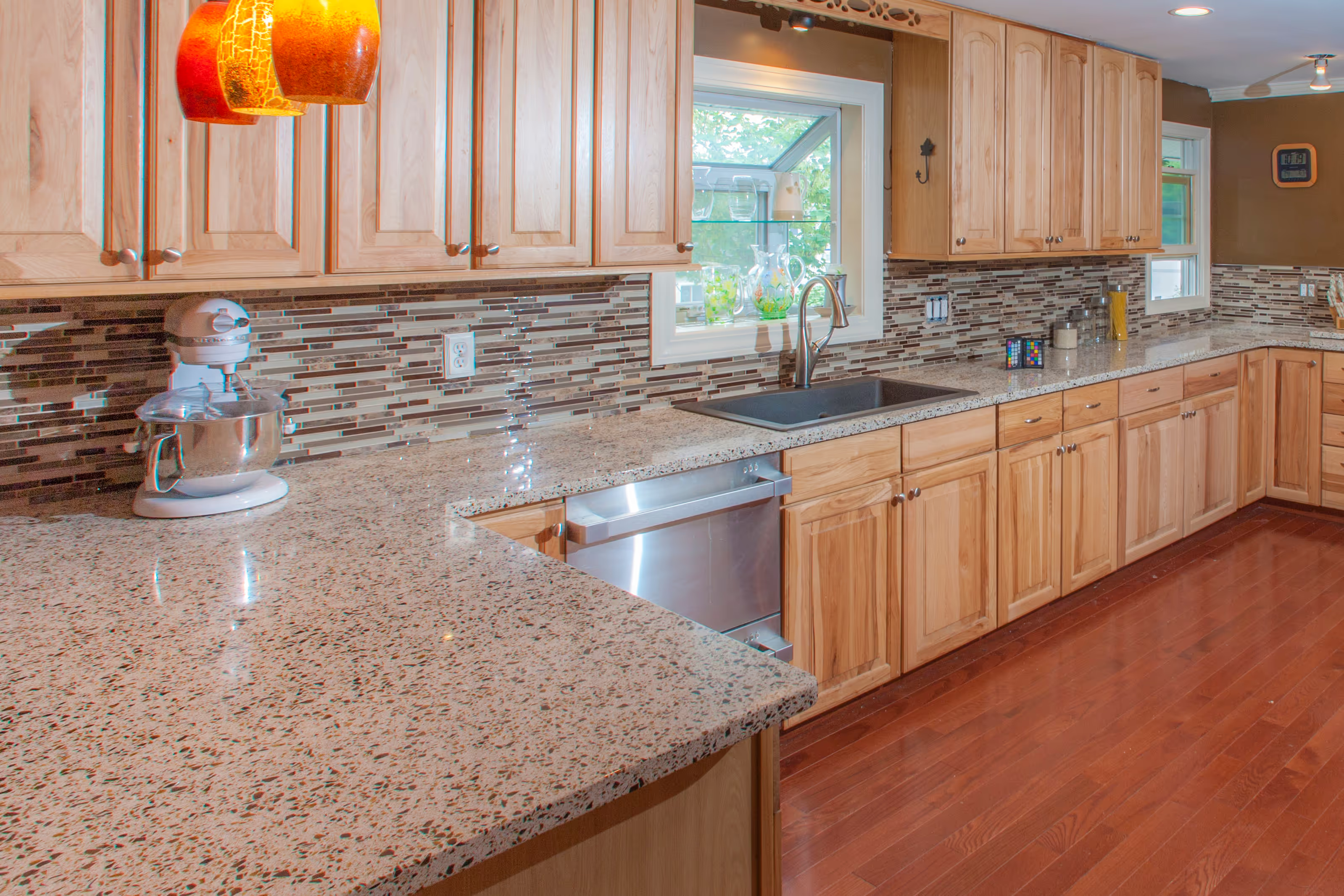
Make informed decisions that prioritize effective communication and craftsmanship precision.
READ MORE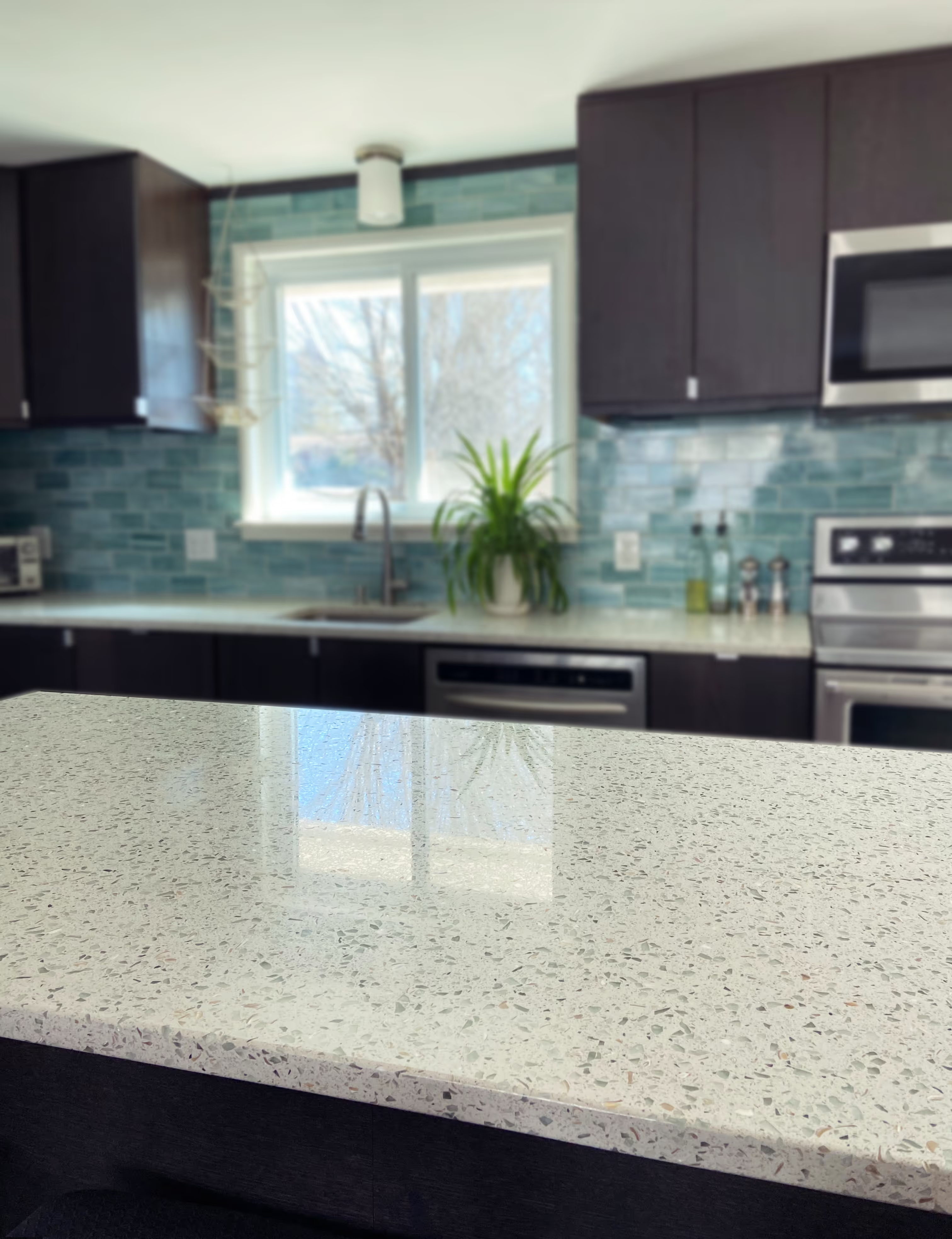
Discover the critical impact of warranties on your countertop investment, ensuring enduring quality, and navigate lead times for a kitchen or bathroom upgrade that's not just visually appealing but also aligned with your expectations.
READ MORE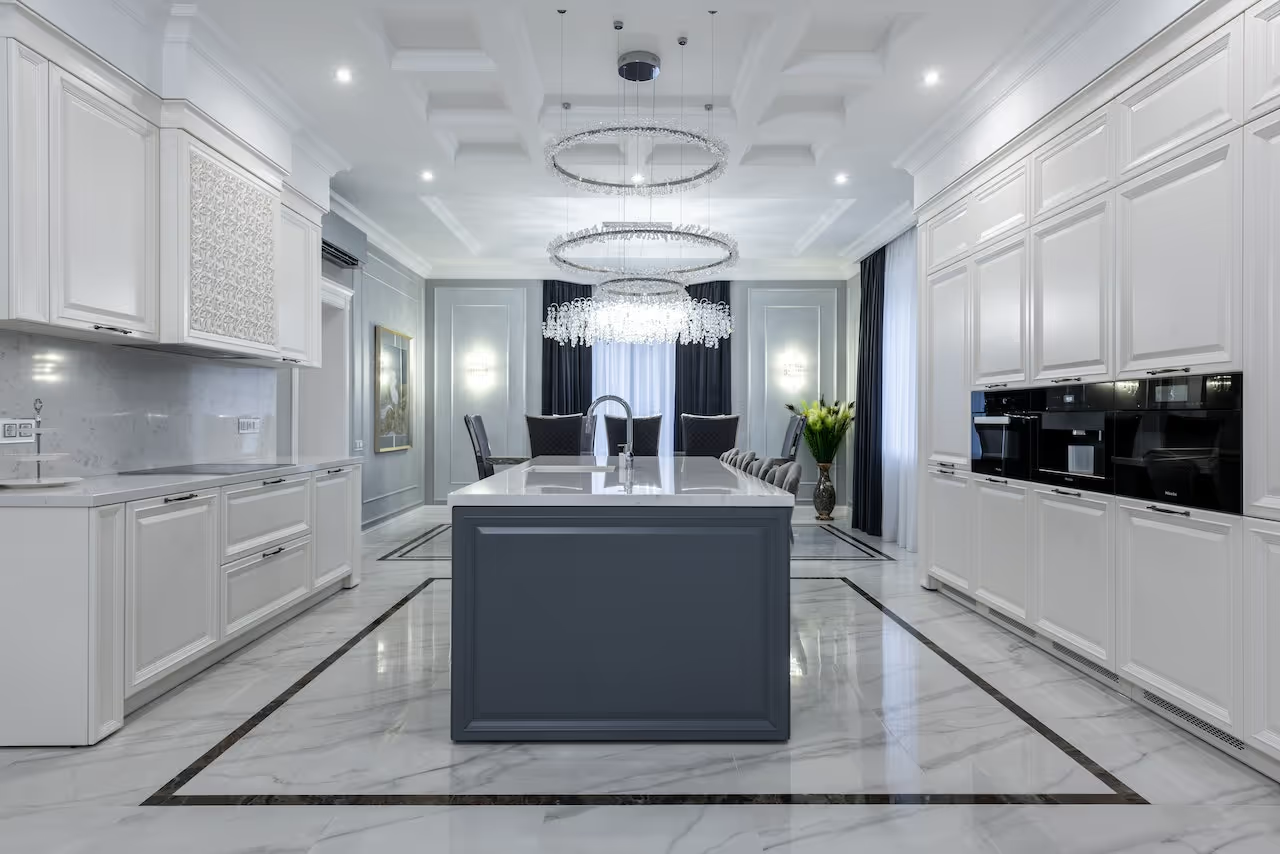
Choosing finishes that enhance the natural beauty of materials, and understanding the potential challenges related to stains and structural integrity of your countertops
READ MORE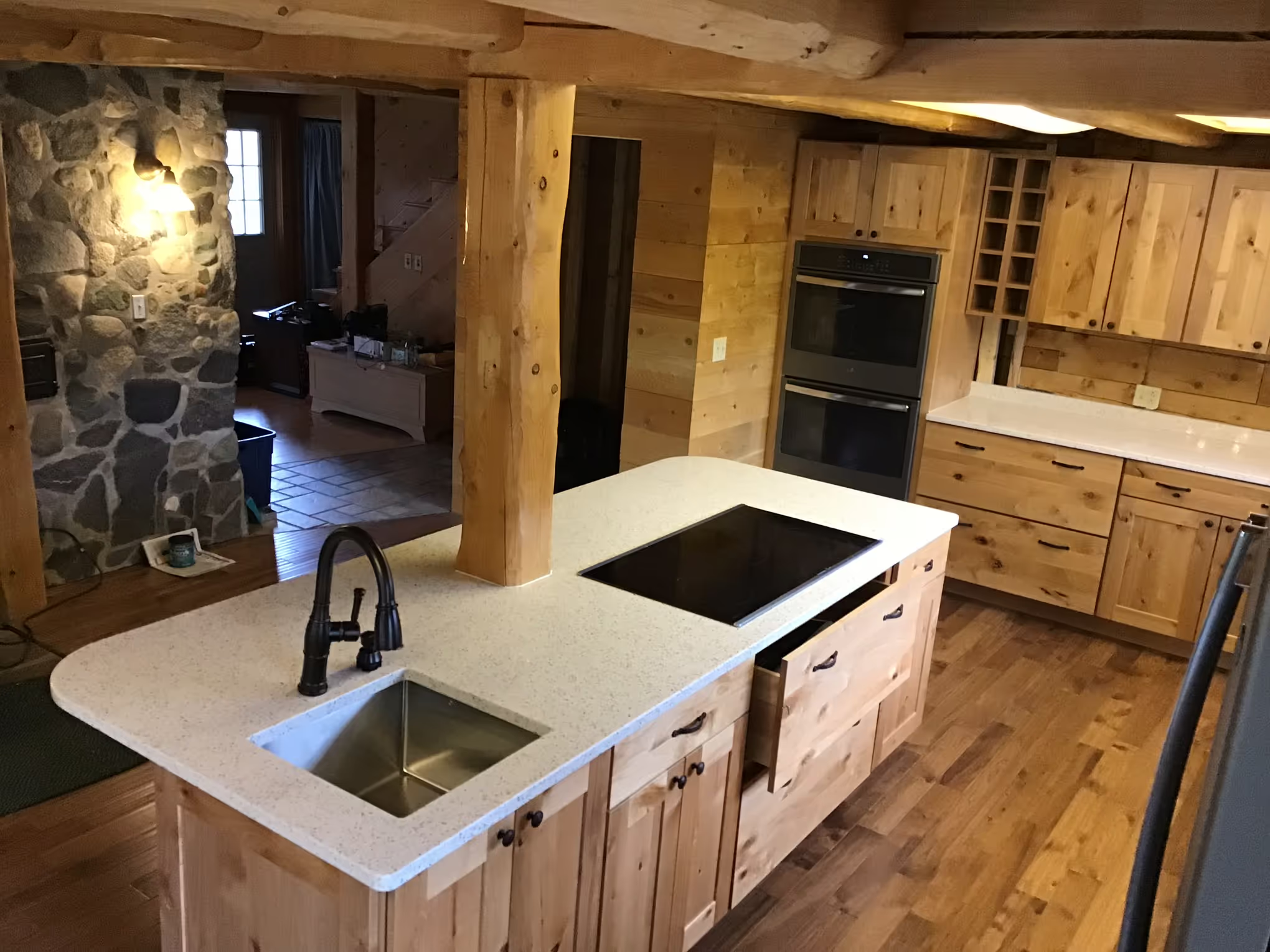
Transform Challenges into Triumphs
READ MORE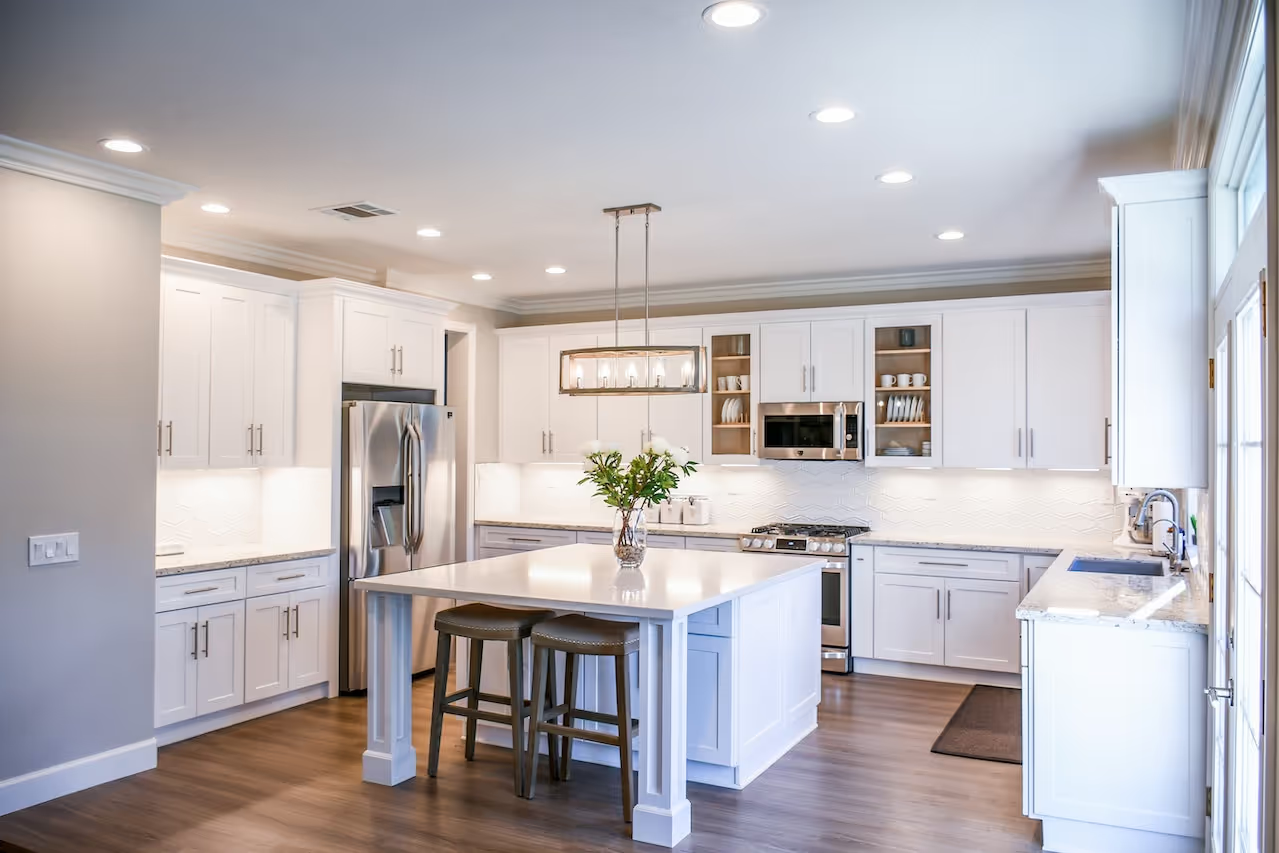
A stunning kitchen, bathroom, or bar highly depends on choosing quality countertops. Knowing what to look for is crucial for this investment, from prioritizing durability and maintenance to the importance of requesting a sample.
READ MORE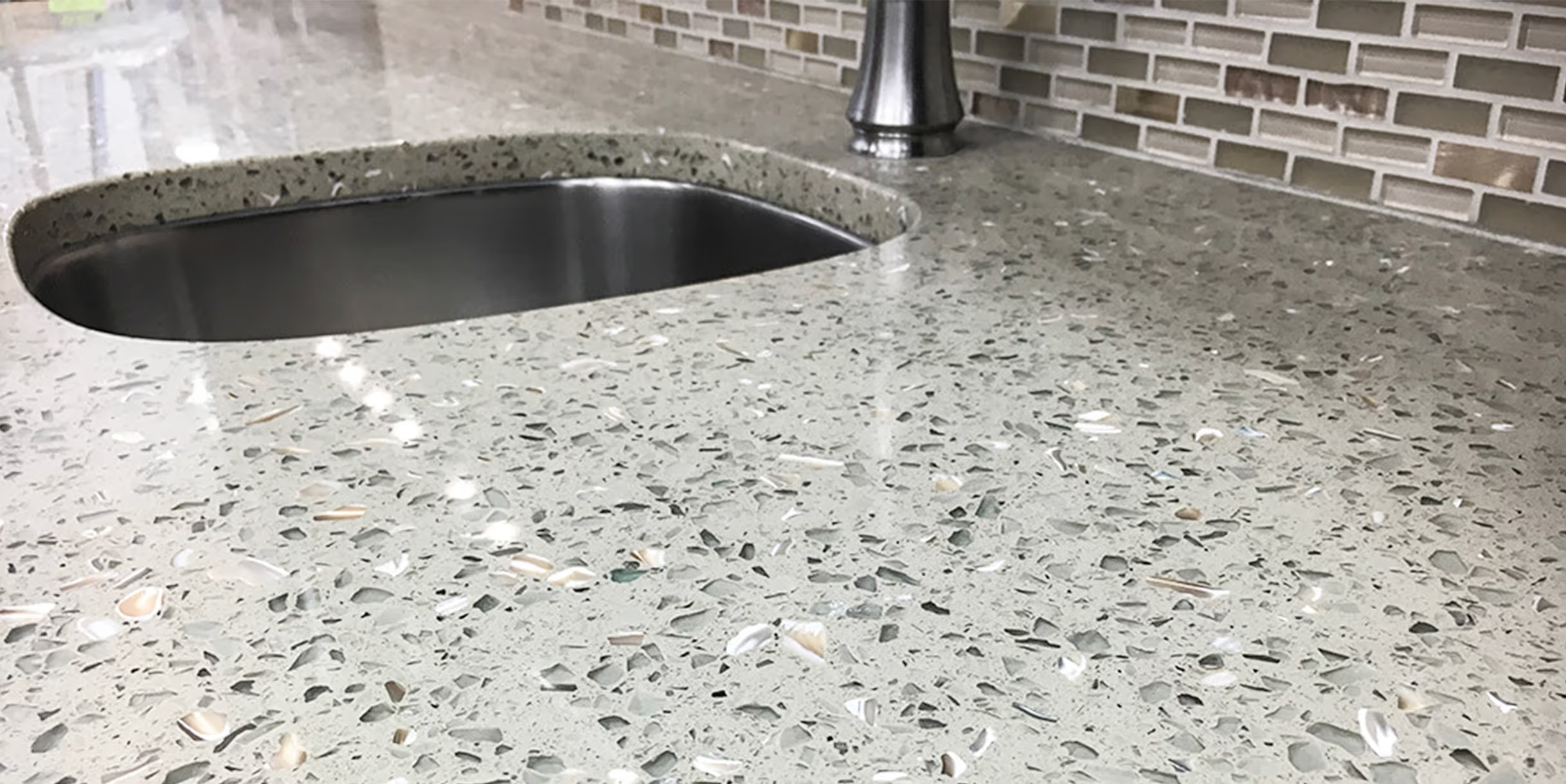
Common pitfalls selecting countertops and ensuring your purchase is a smooth process.
READ MORE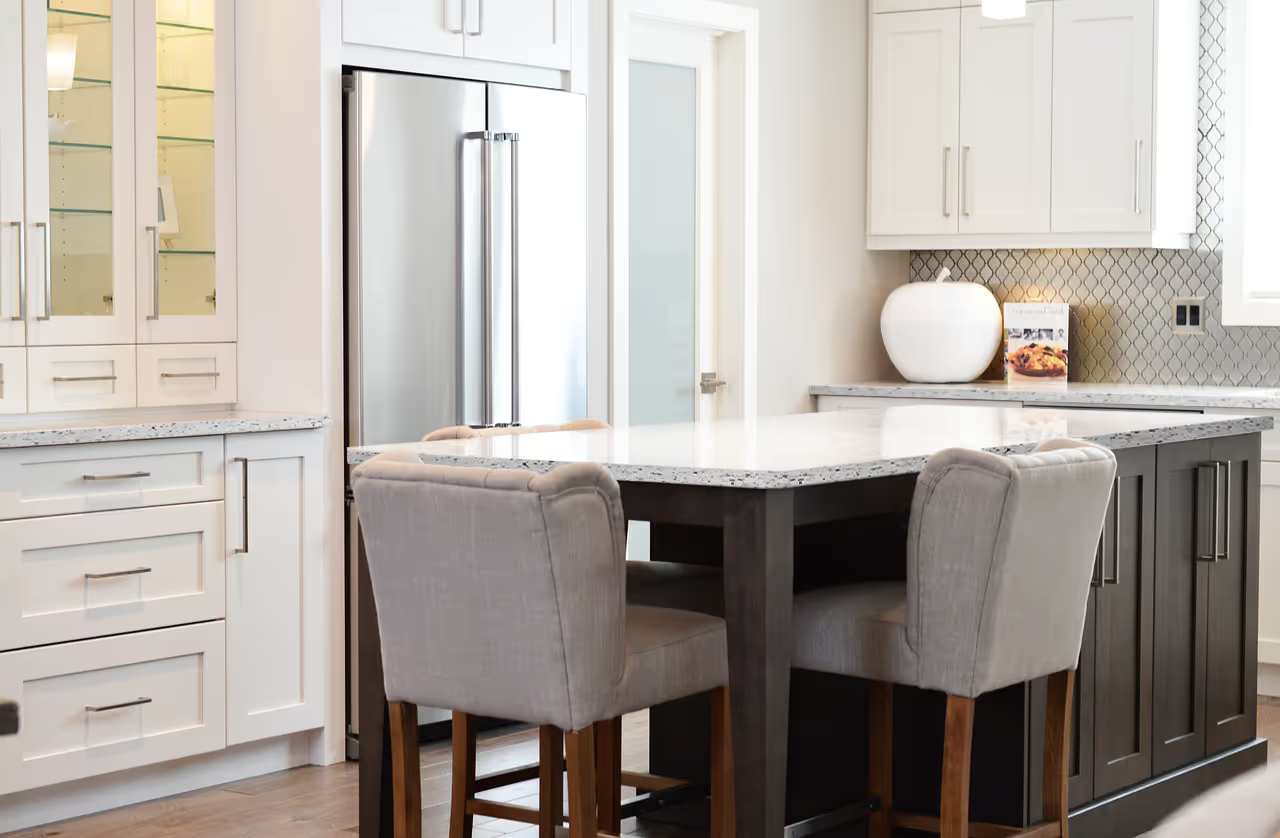
Style and luxury coexist harmoniously with eco-consciousness
READ MORE
This article will help you figure out how to pair elements of your kitchen together.
READ MORE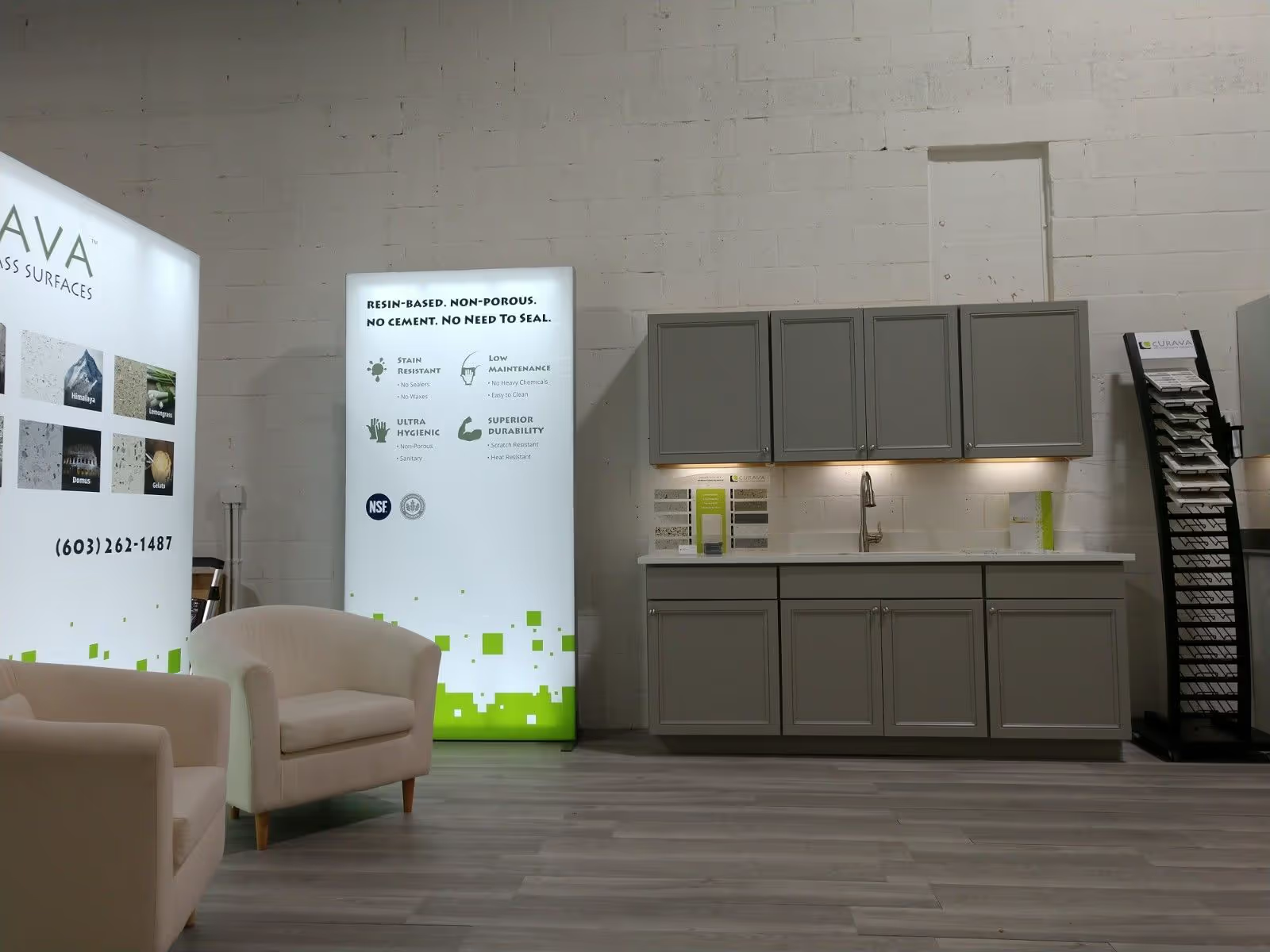
Our Open House event is just around the corner and we can't wait to show off our beautiful selection of slabs.
READ MORE
Visit Curava at the Home Design and Remodeling Show on September 2nd thru the 5th!
READ MORE.avif)
Find out the good, the bad and the ugly about quartz and glass countertops.
READ MORE.avif)
.avif)